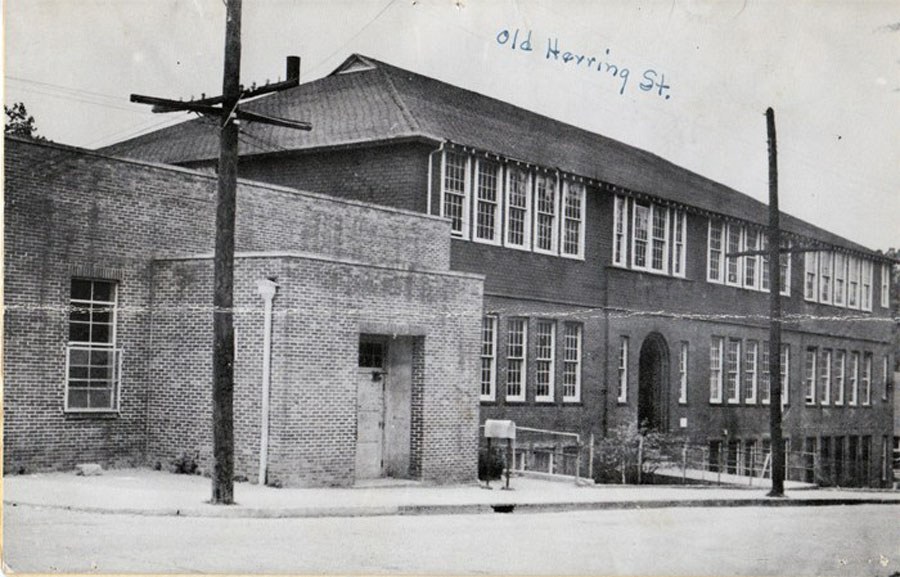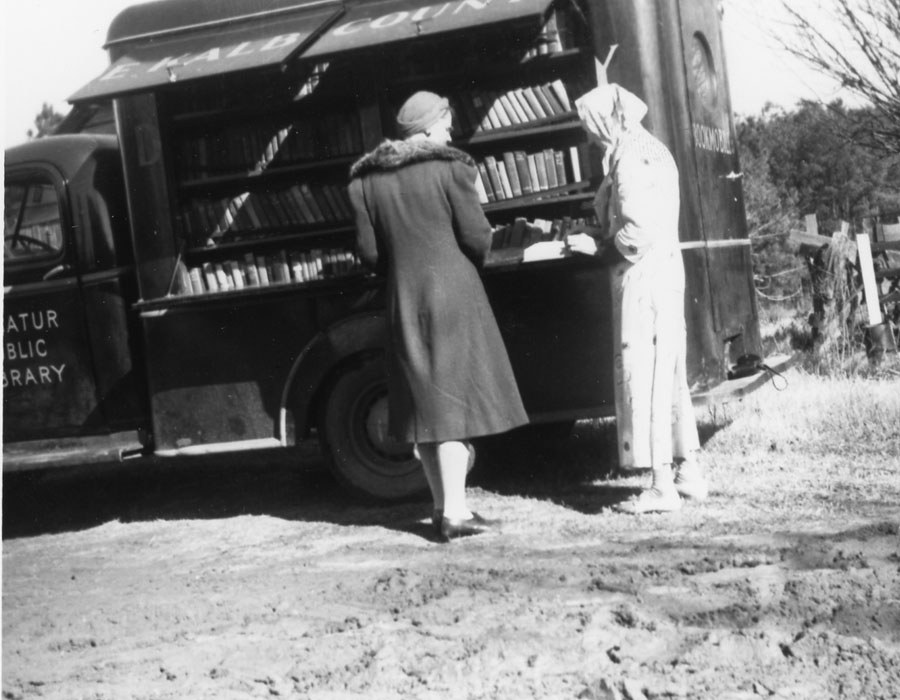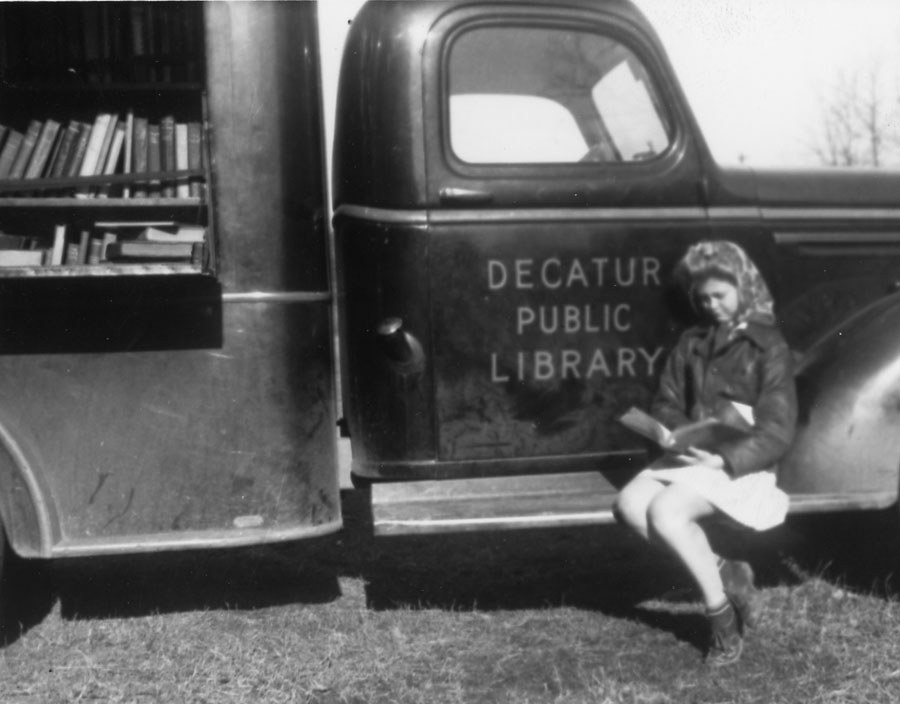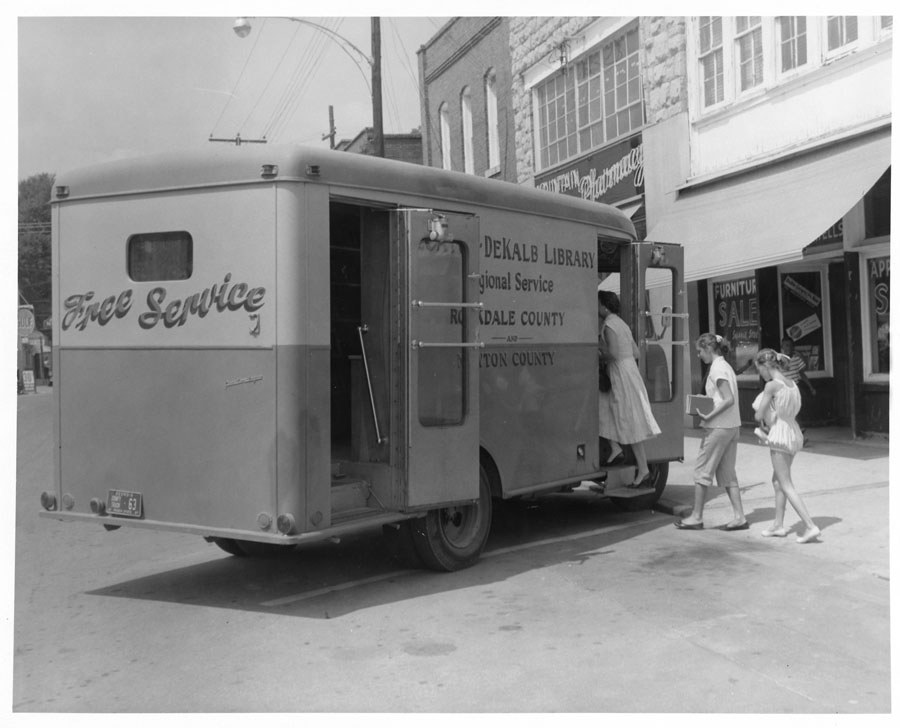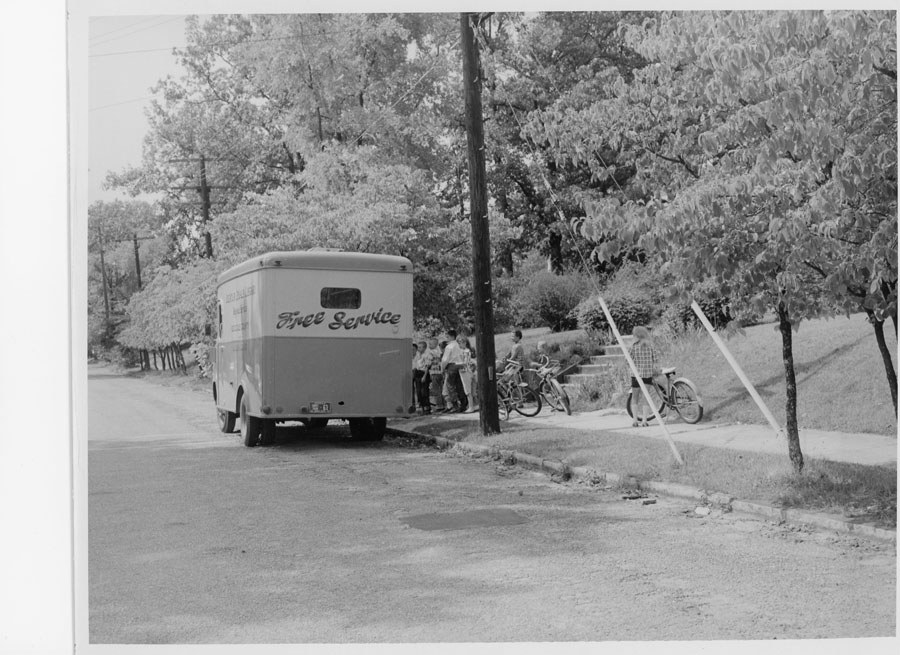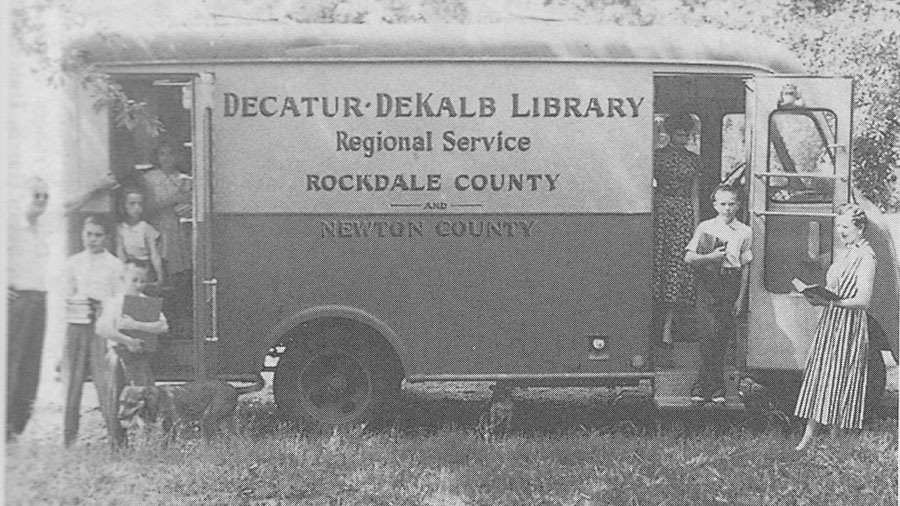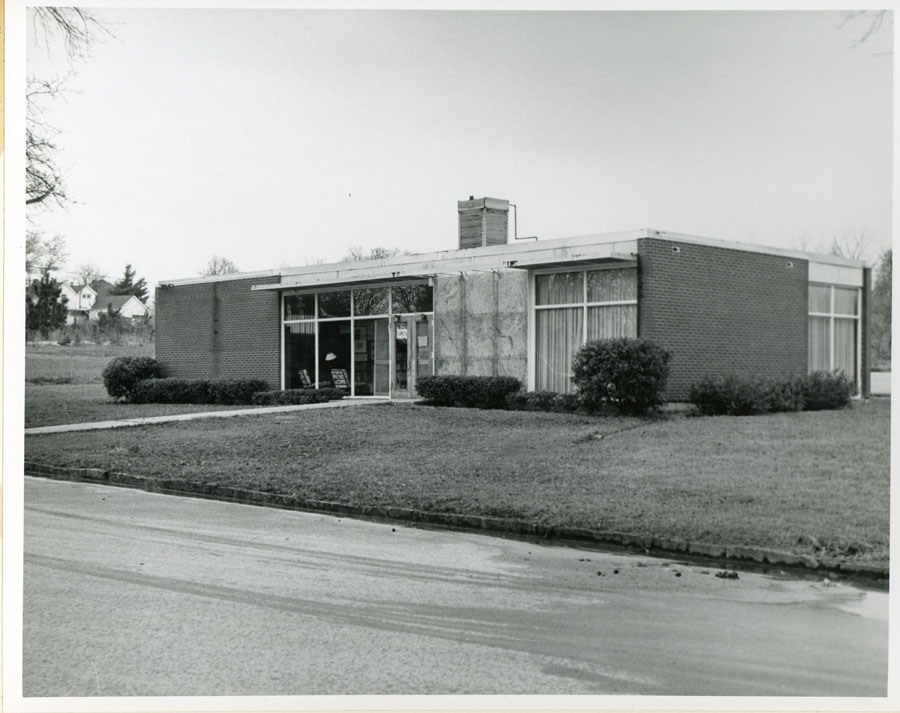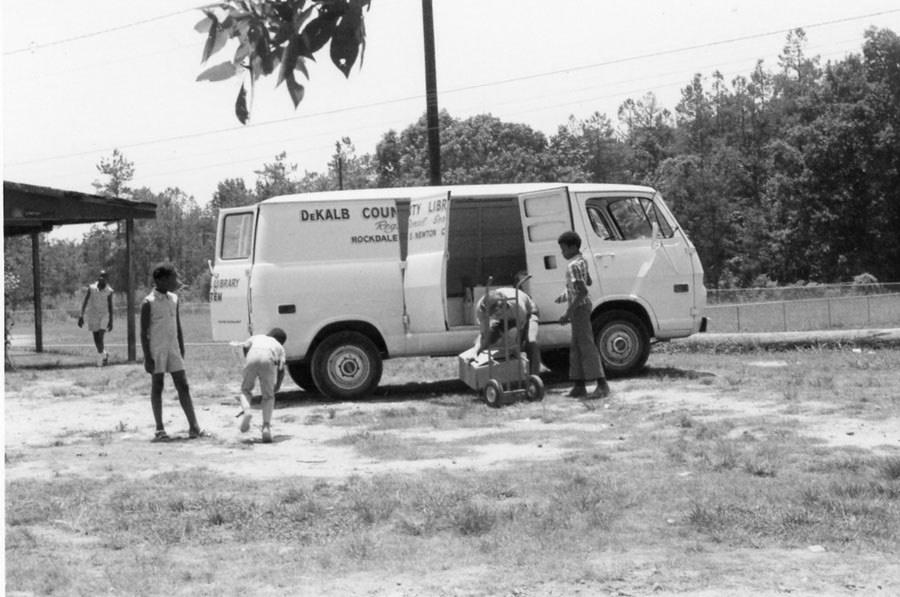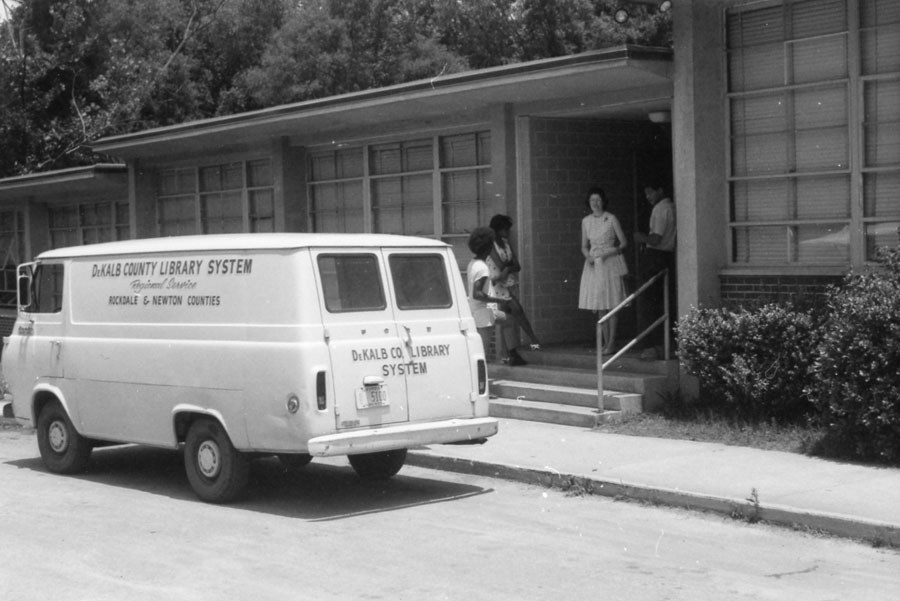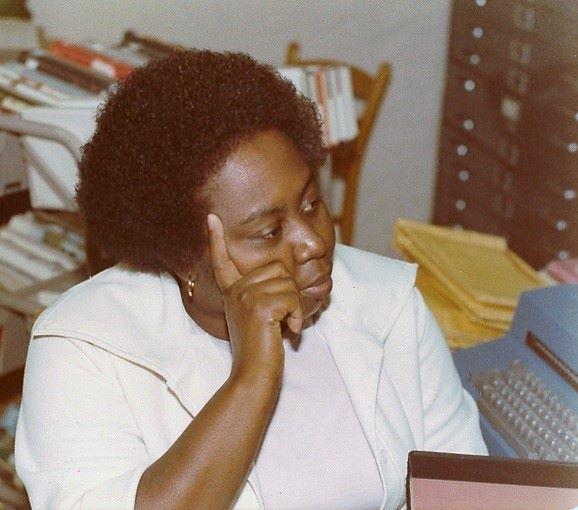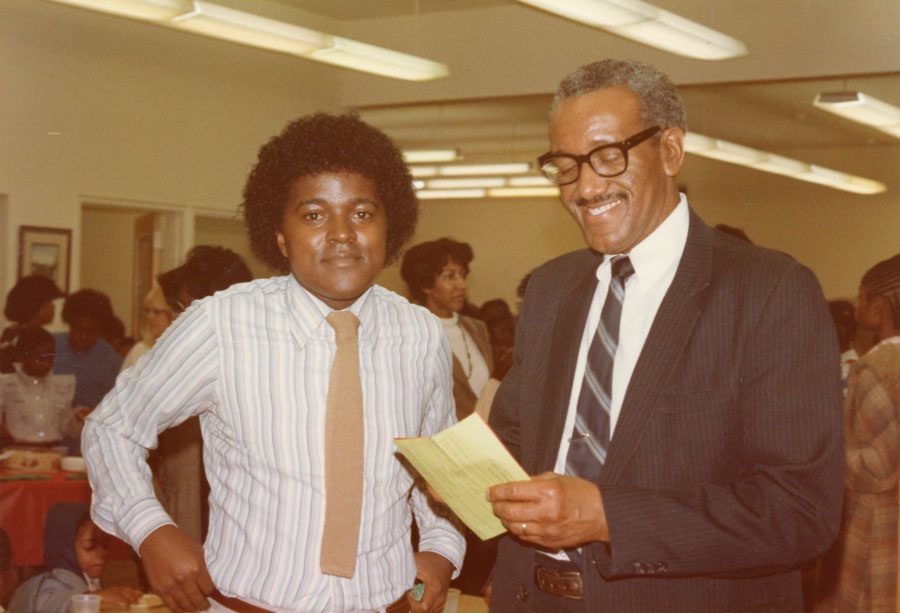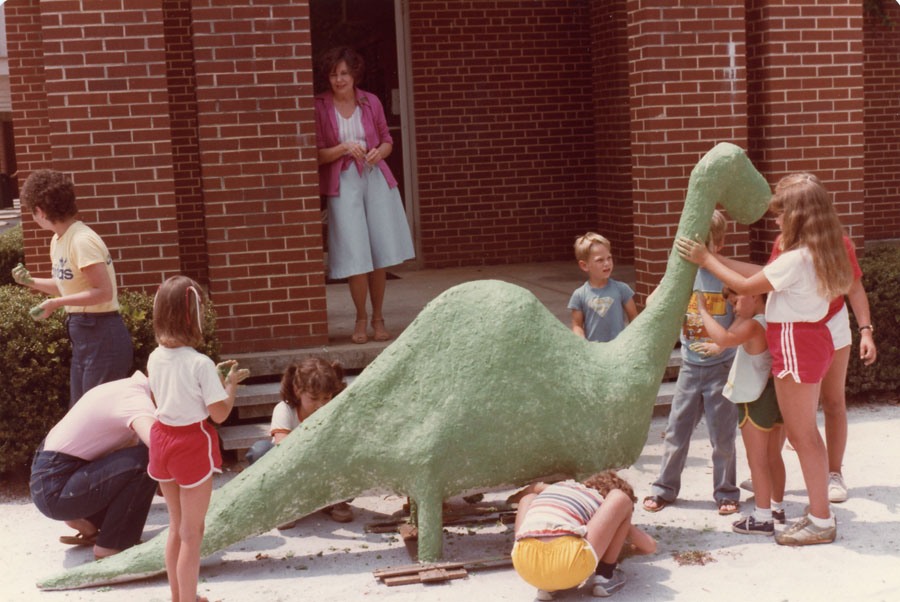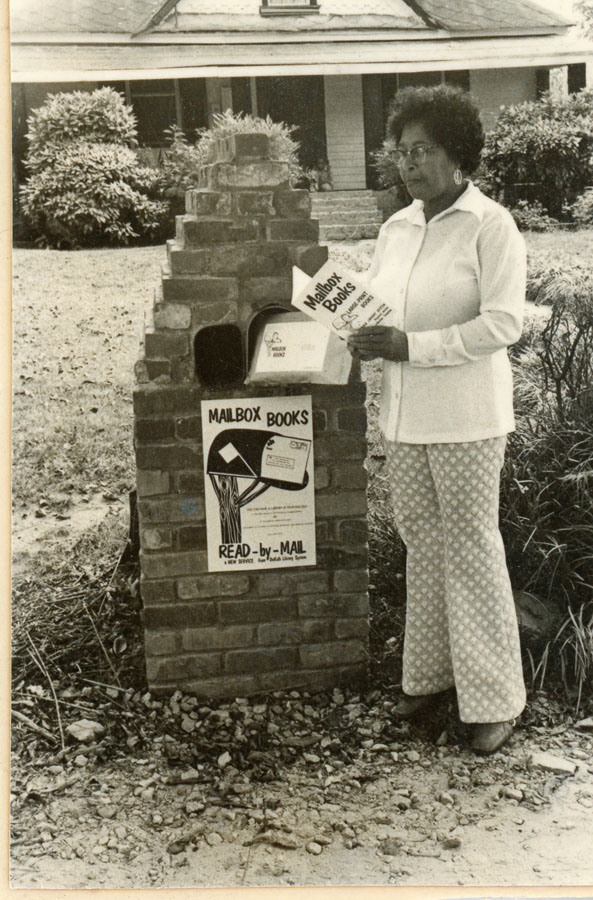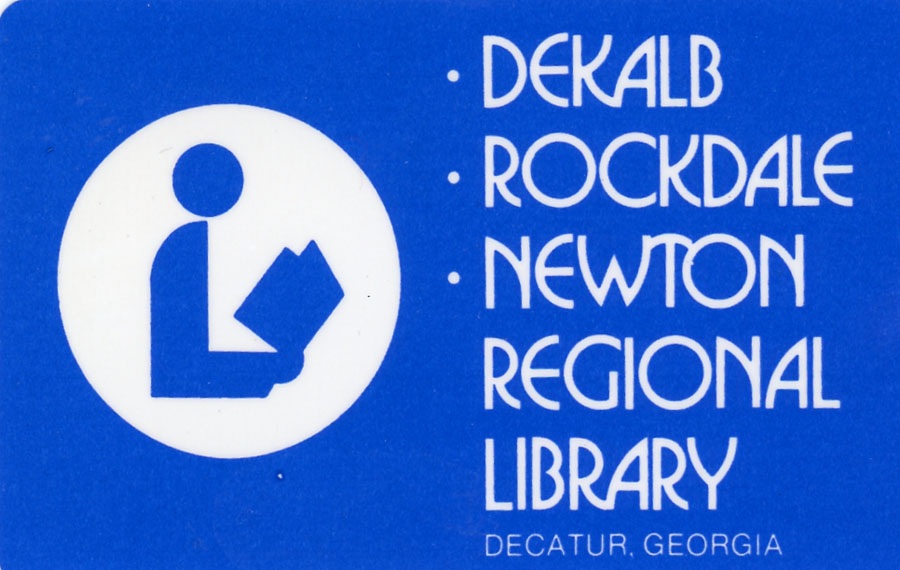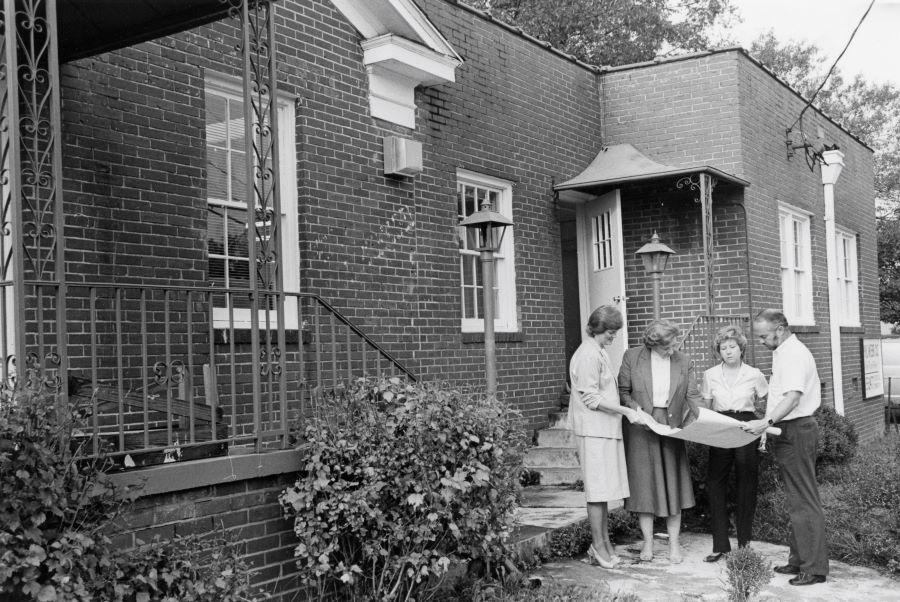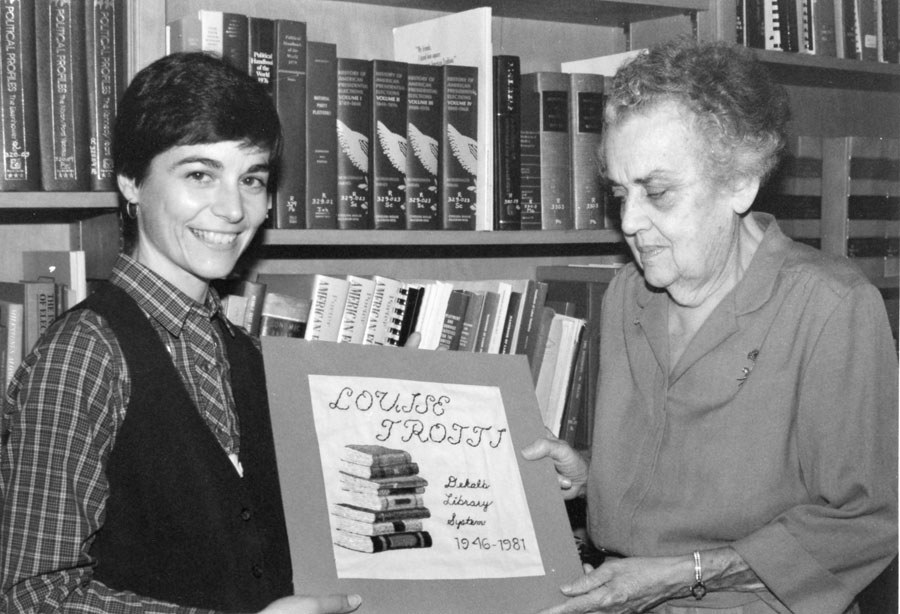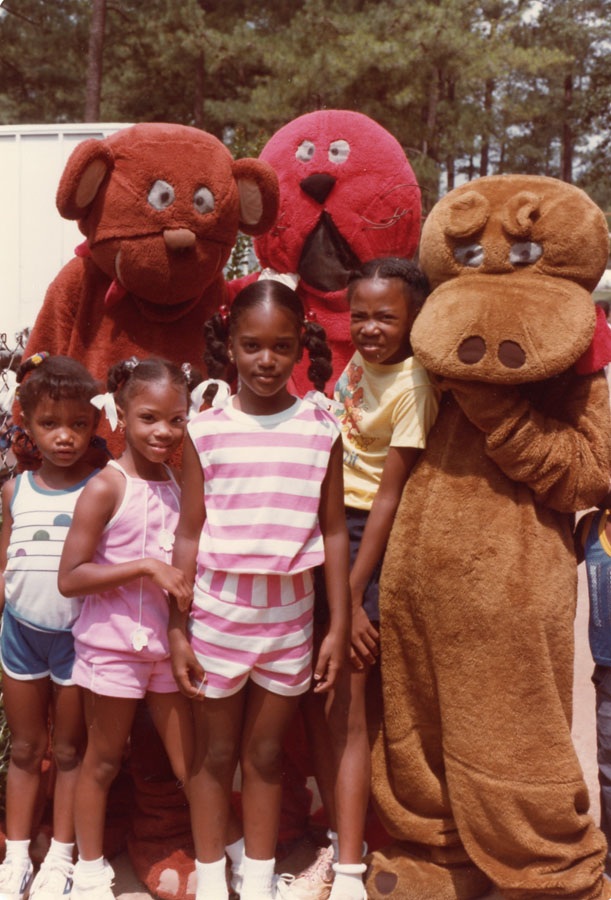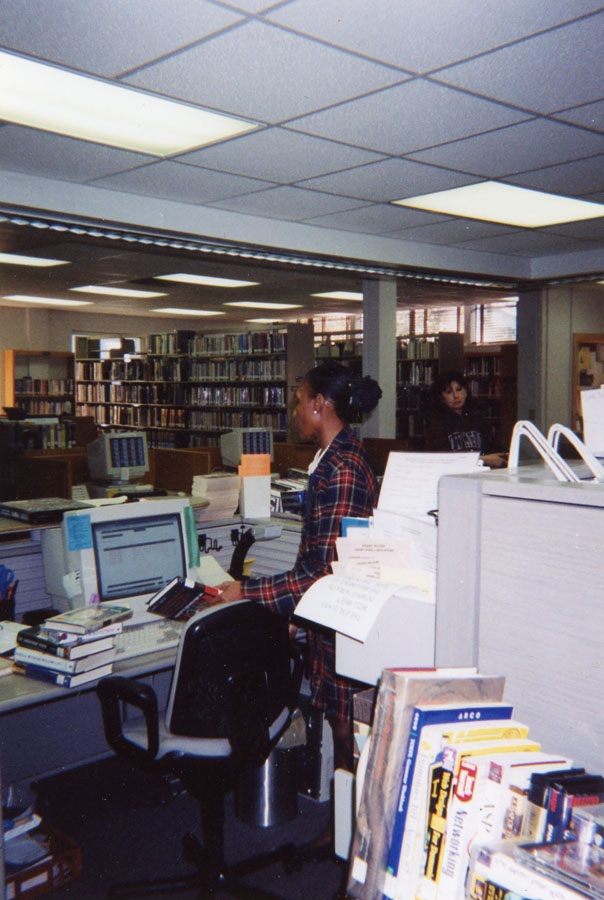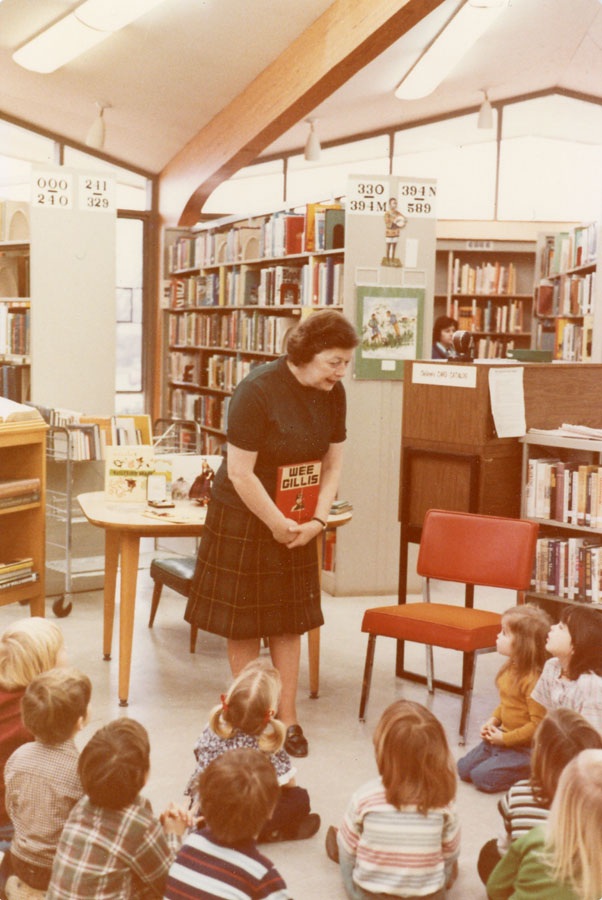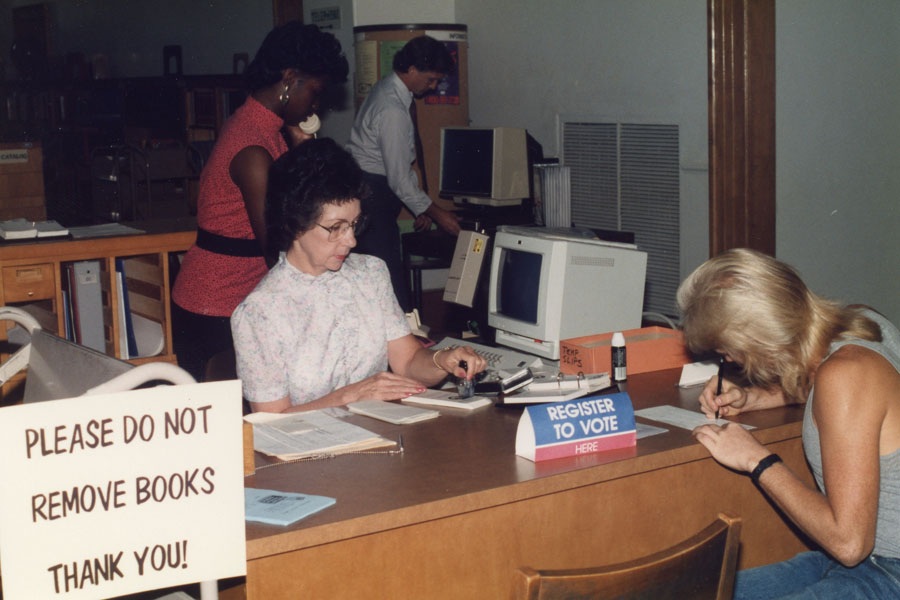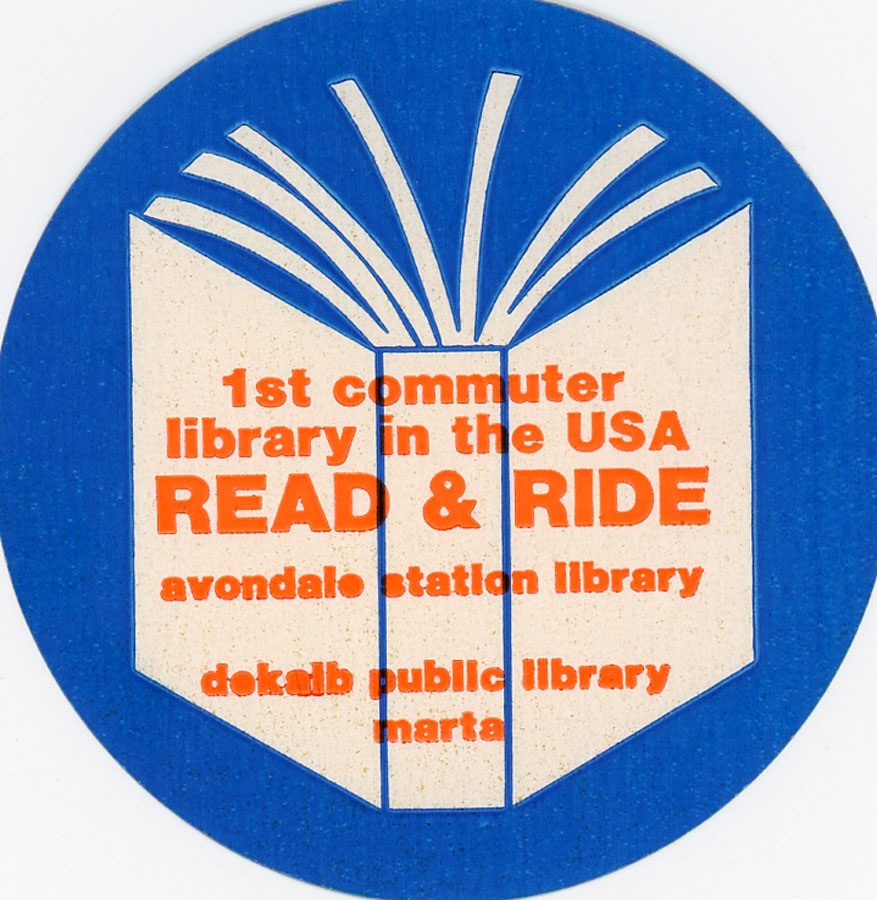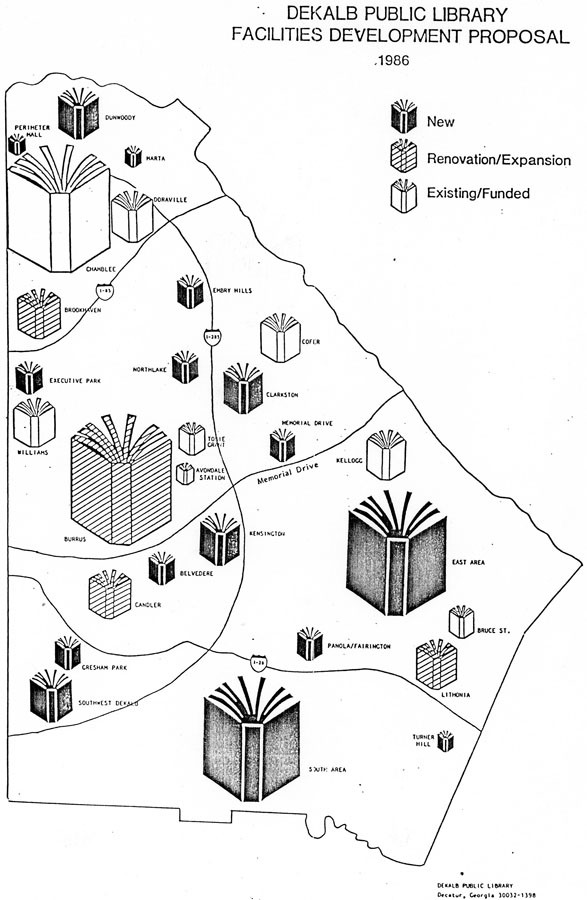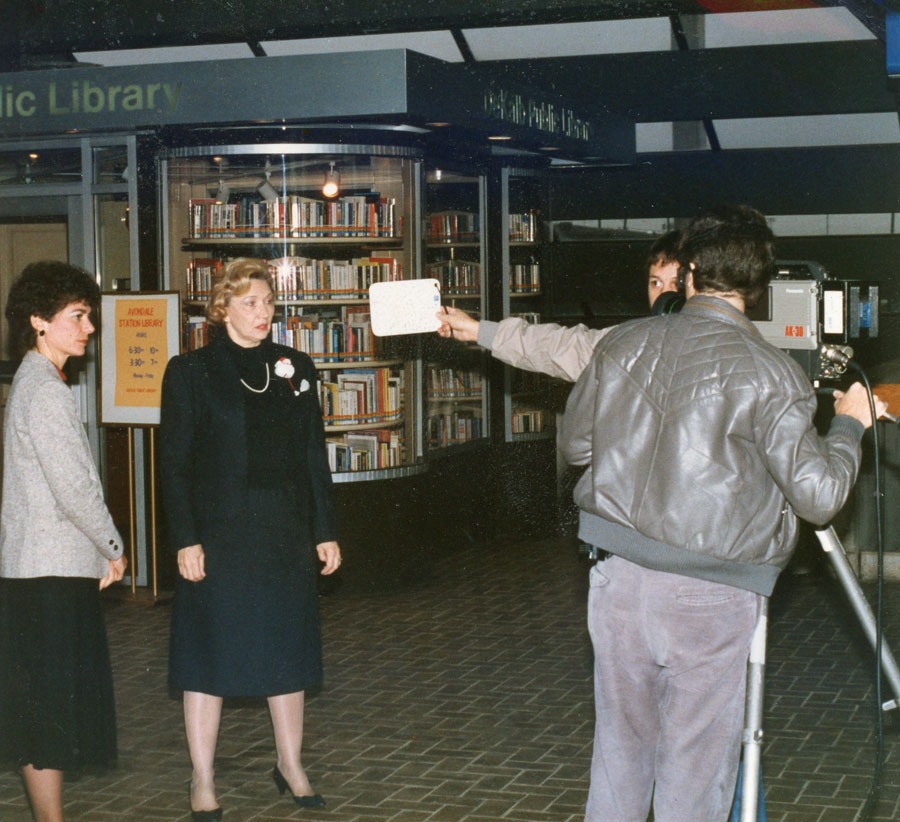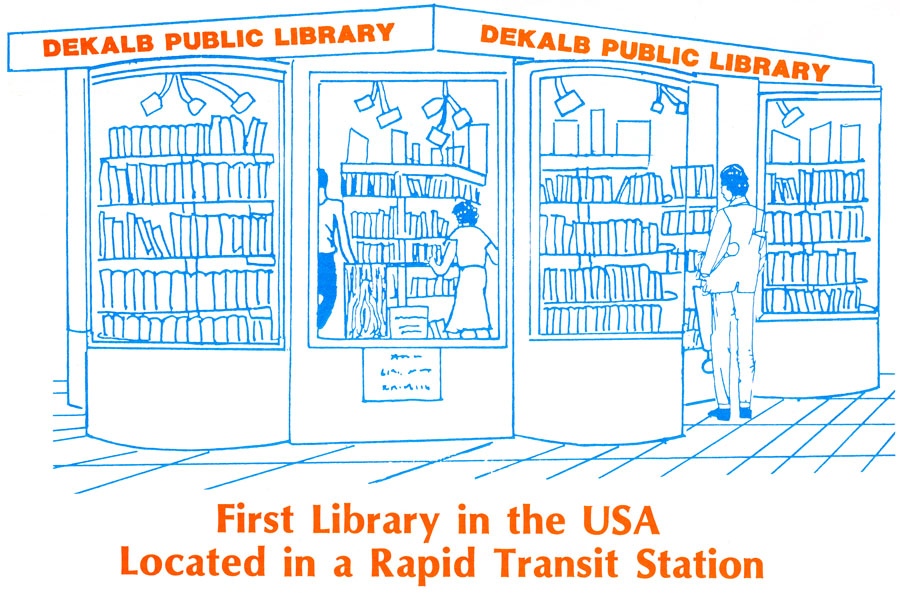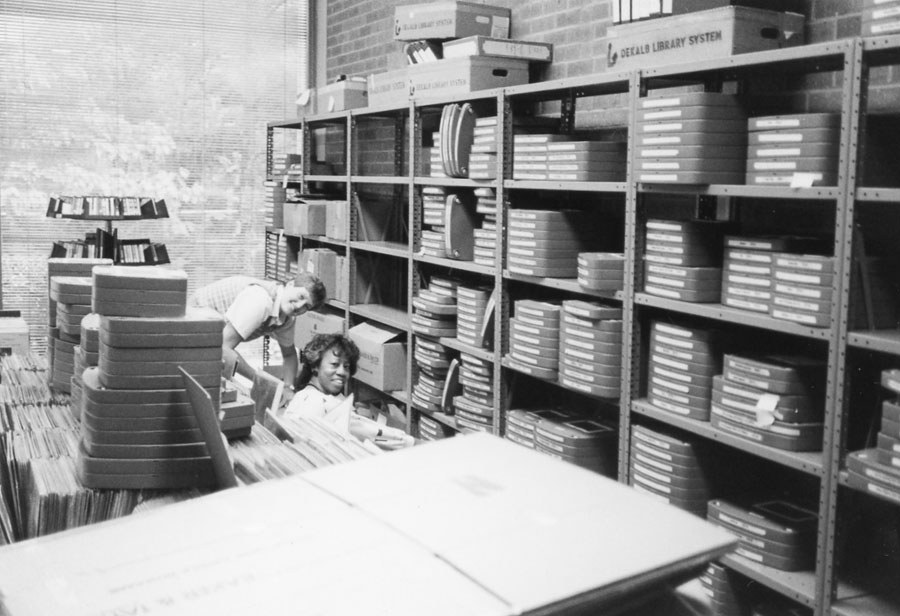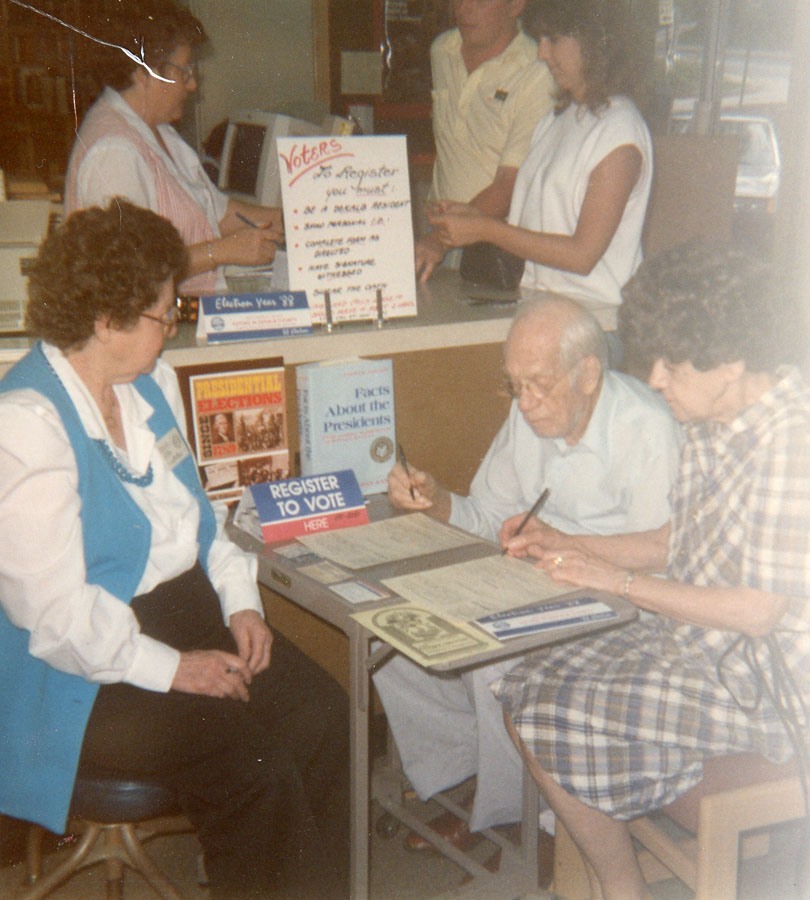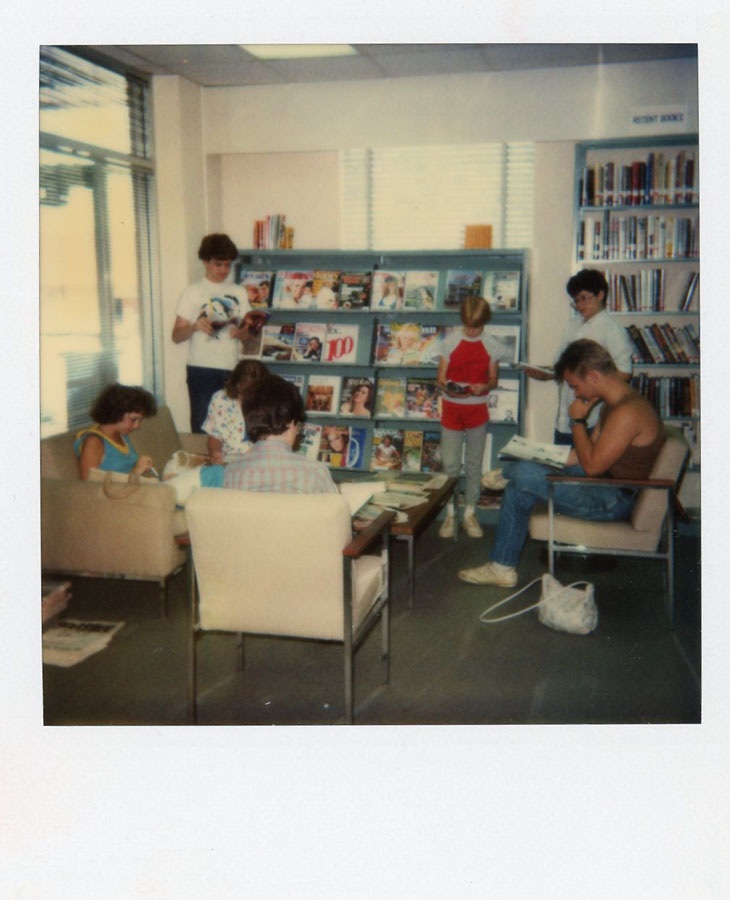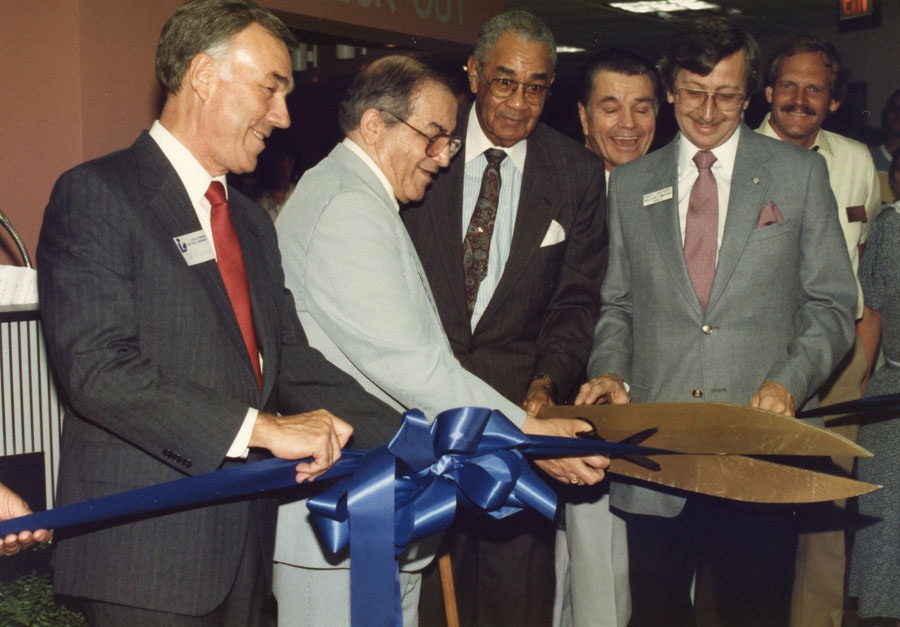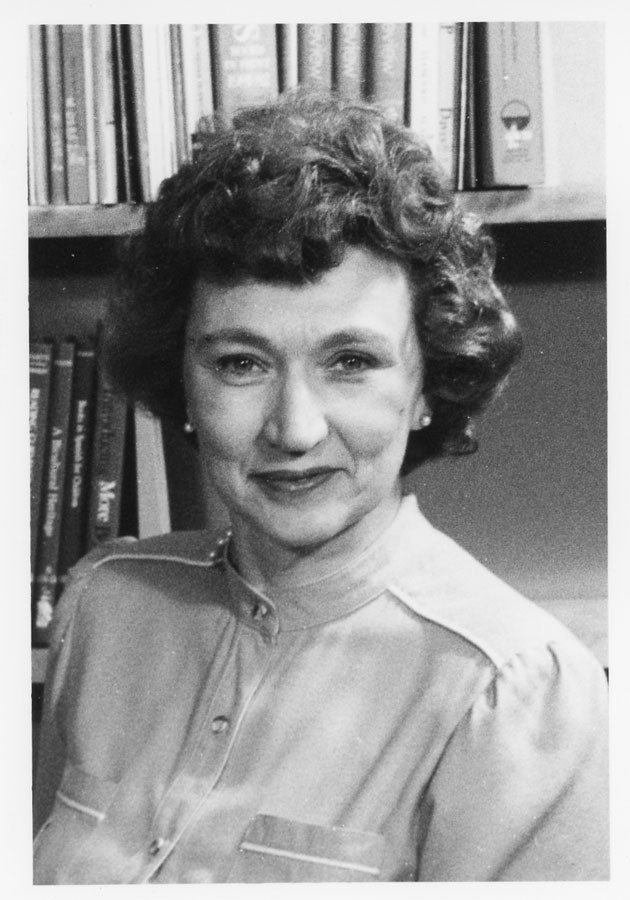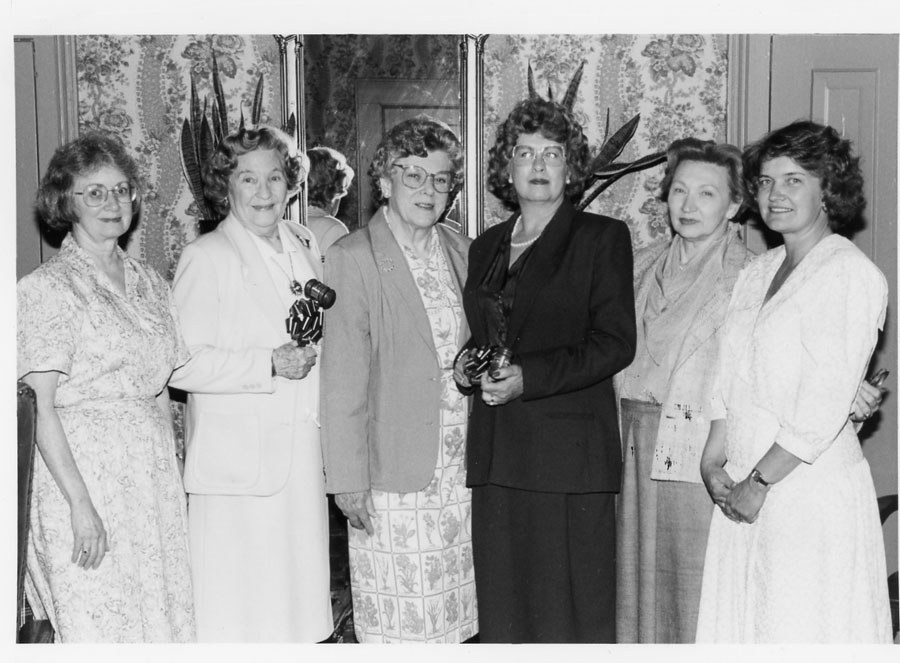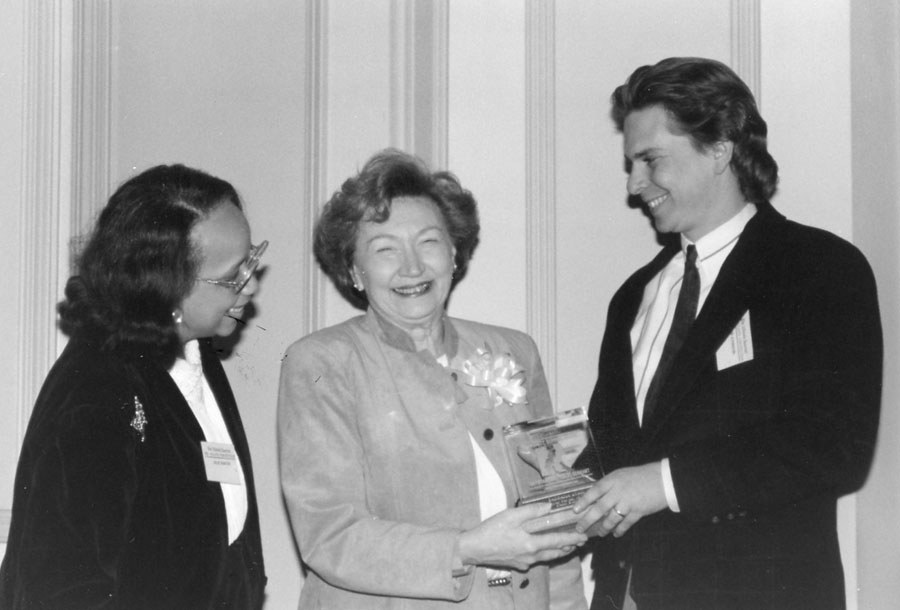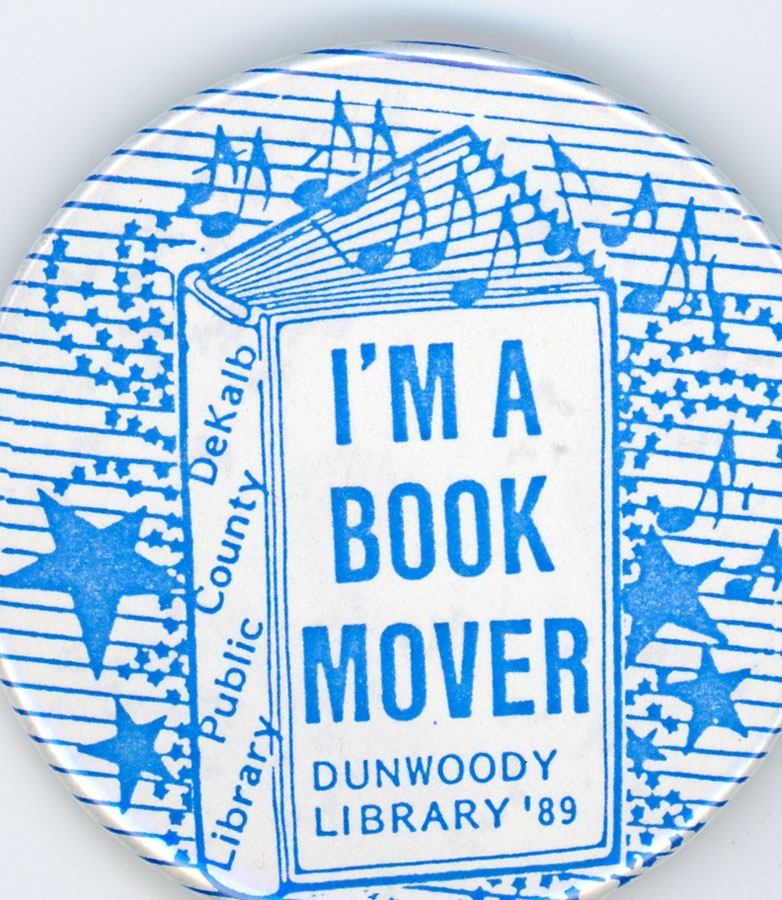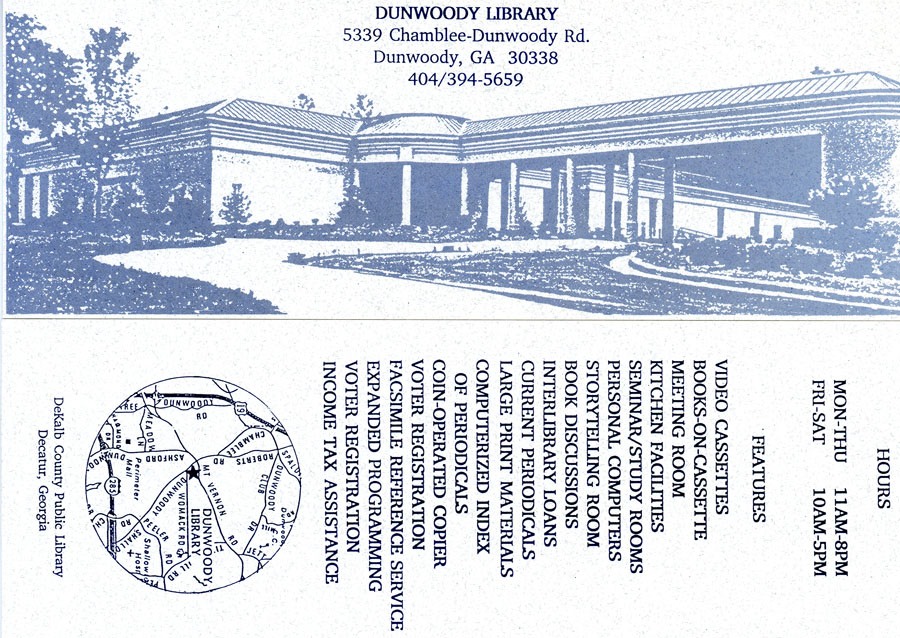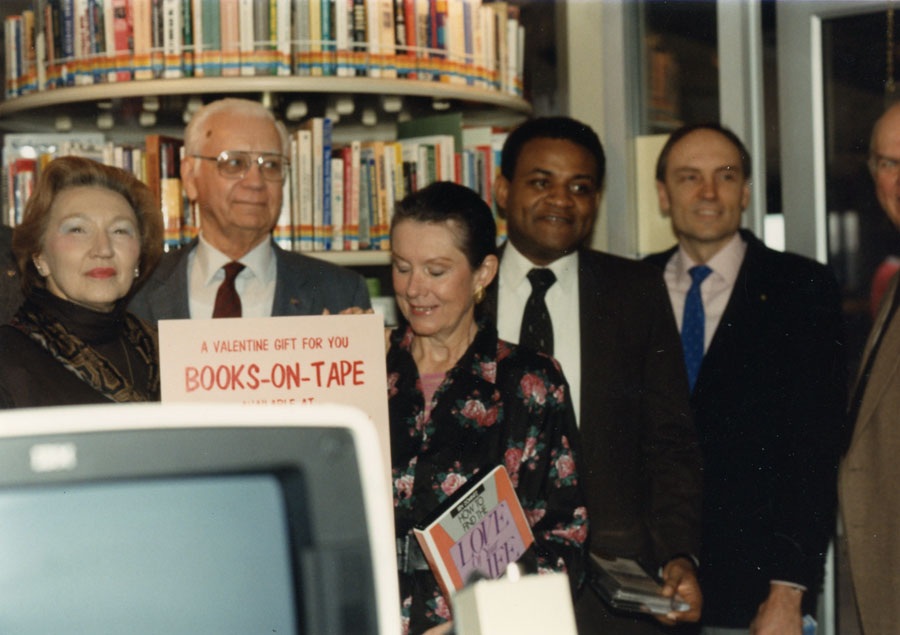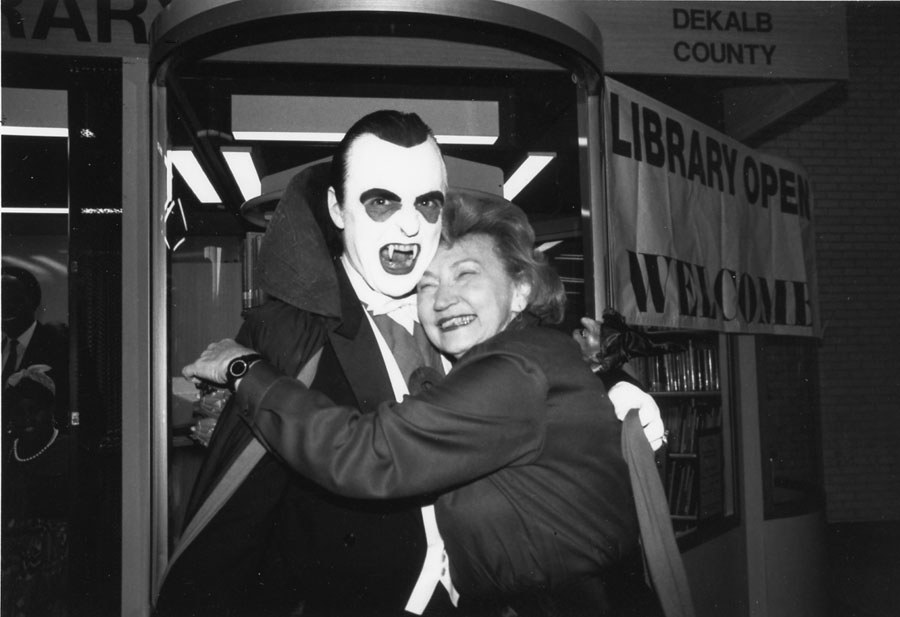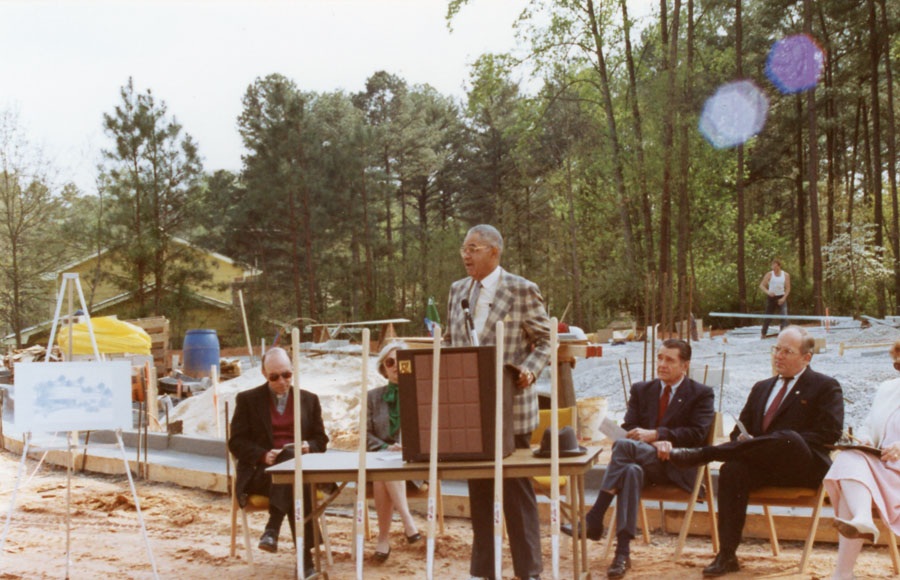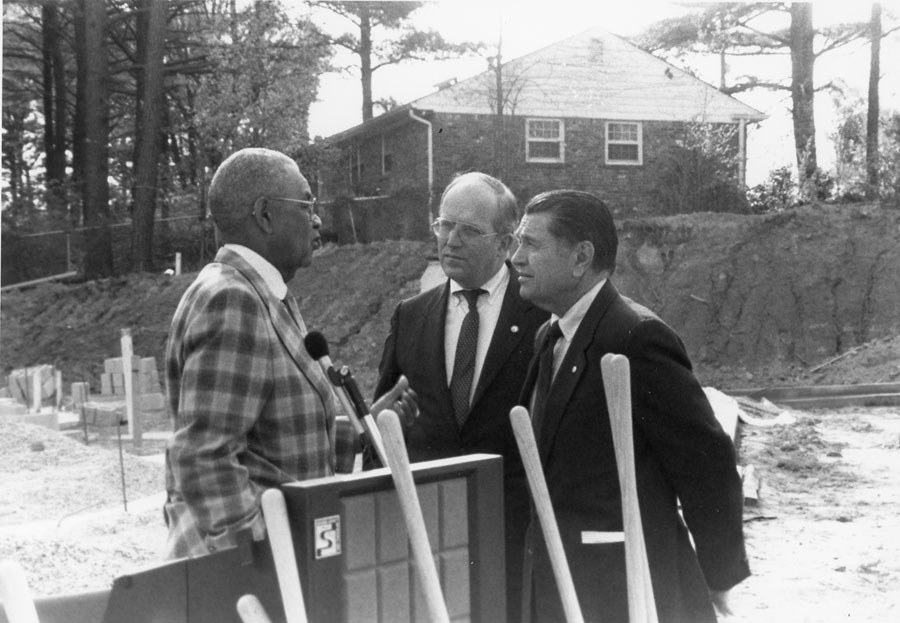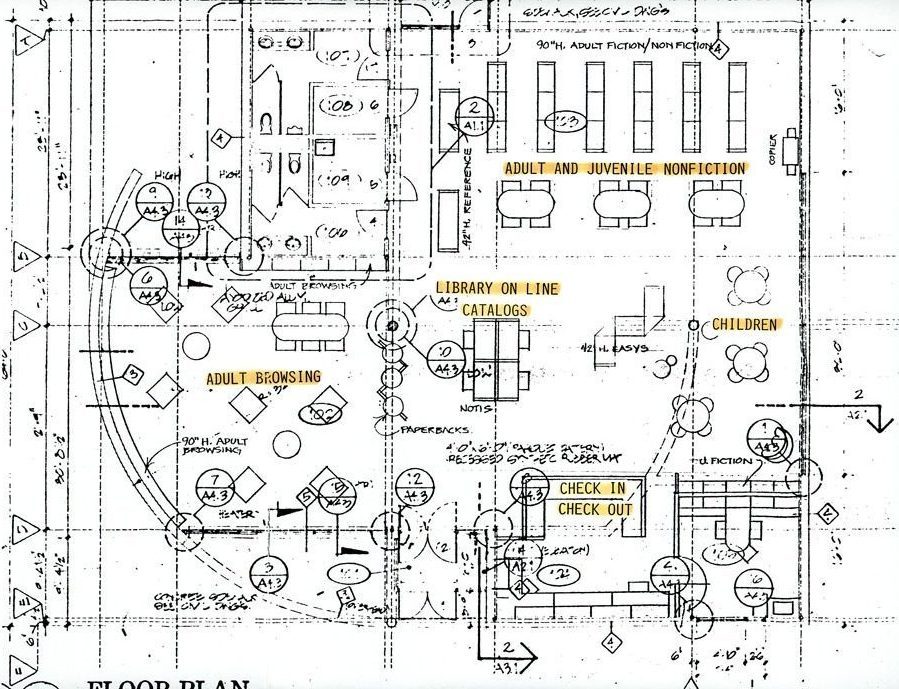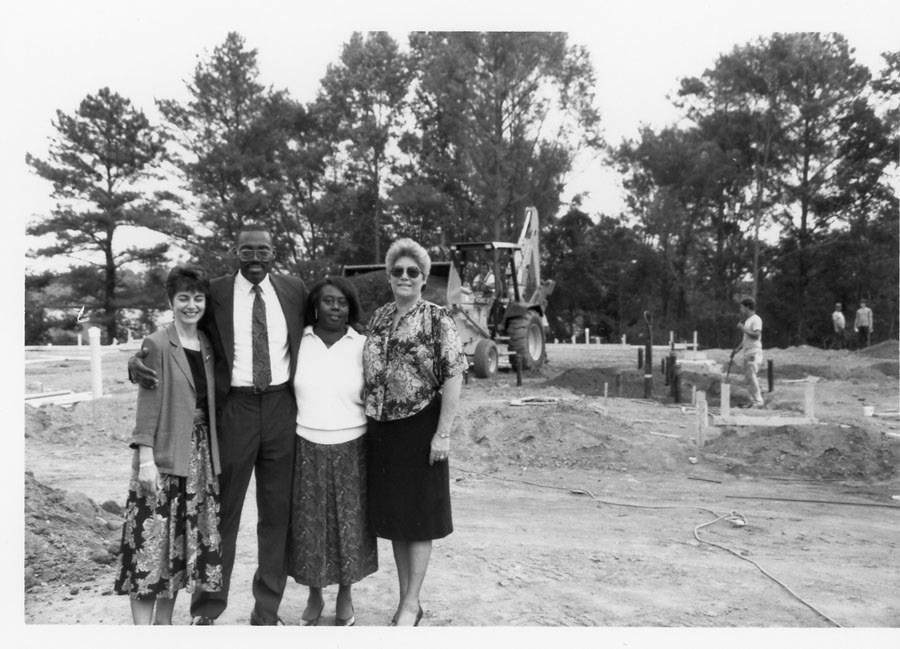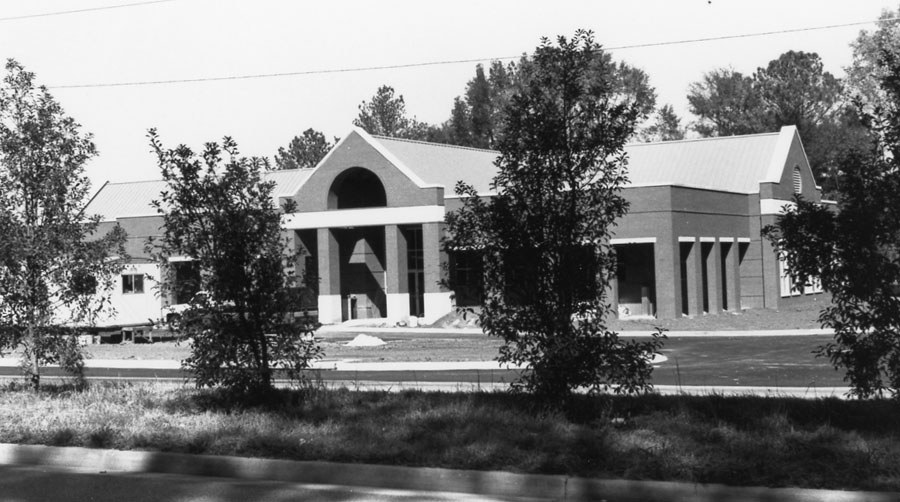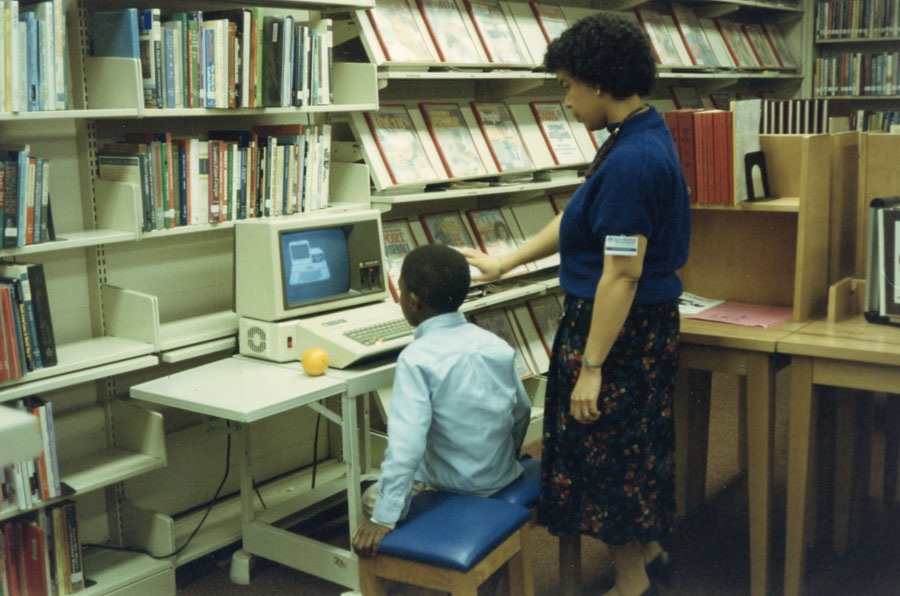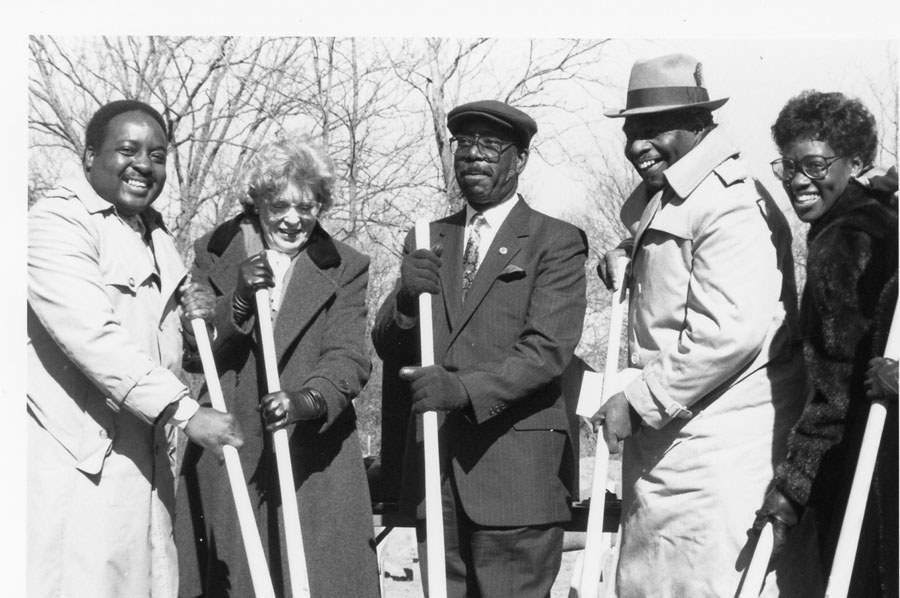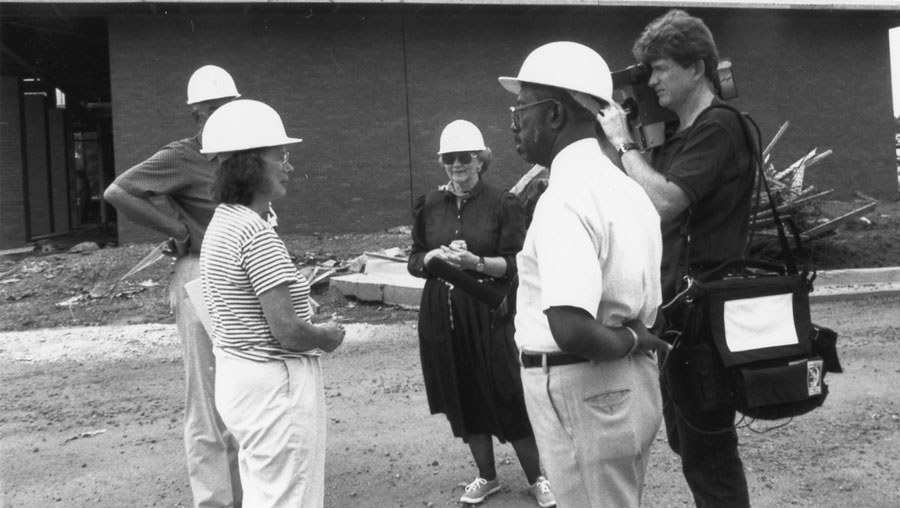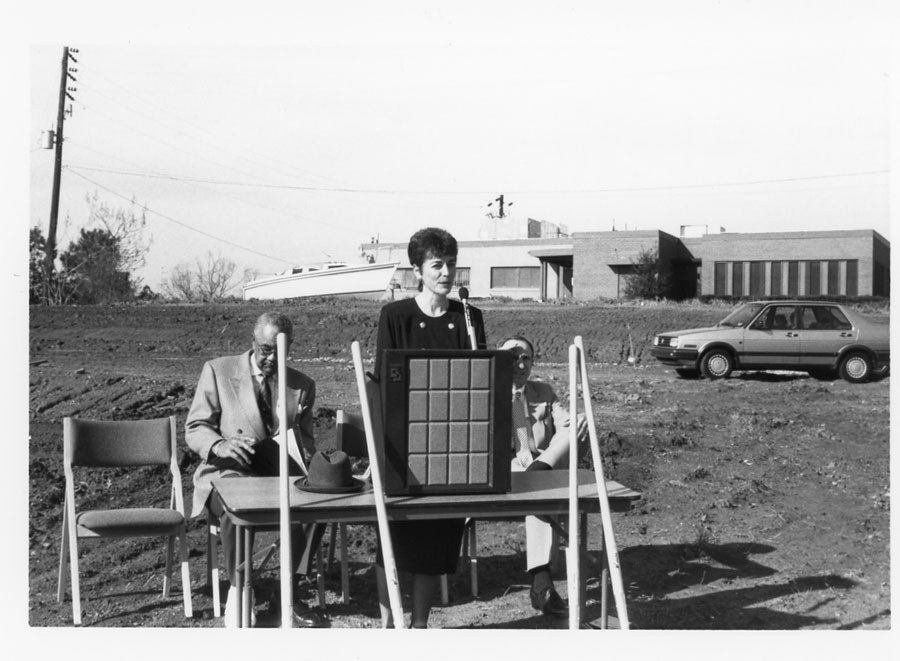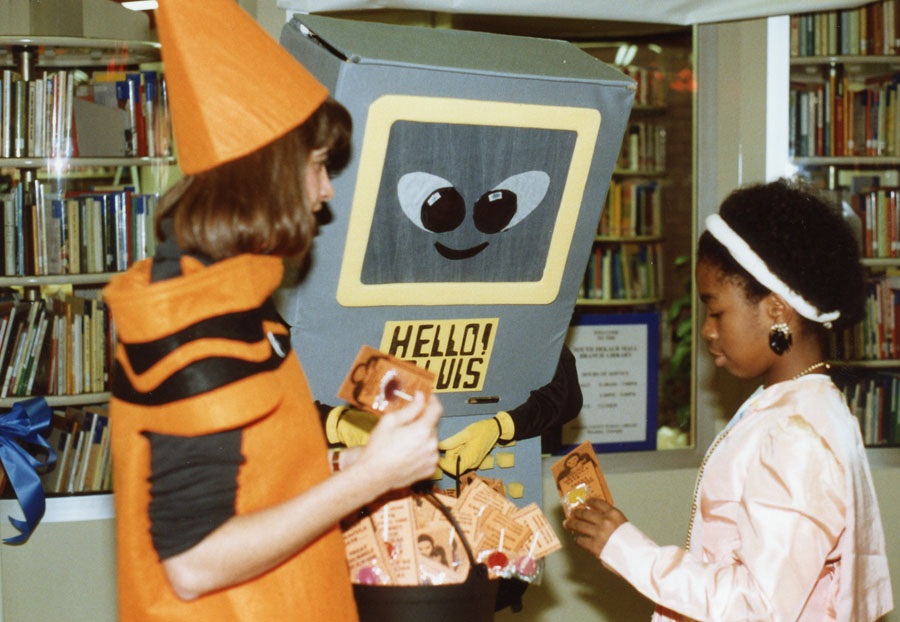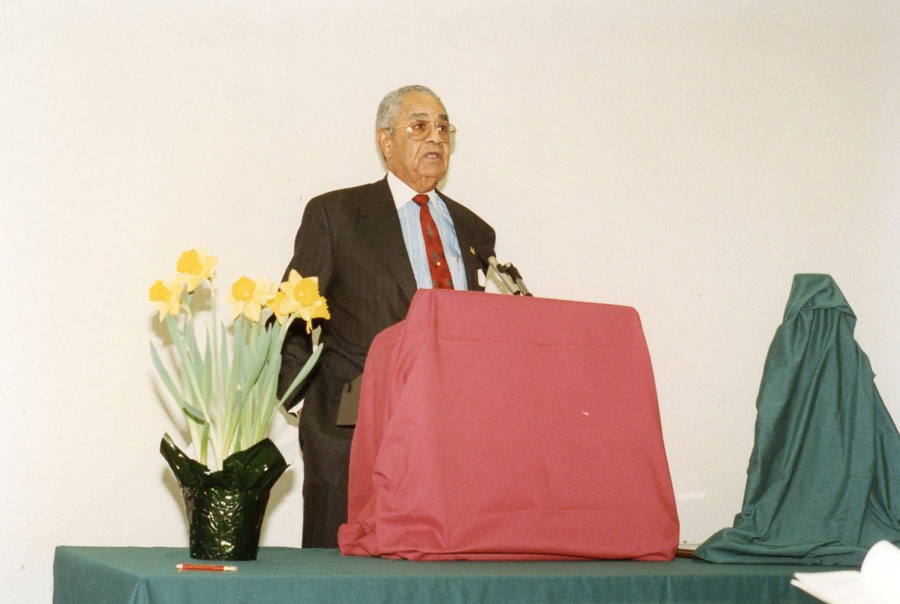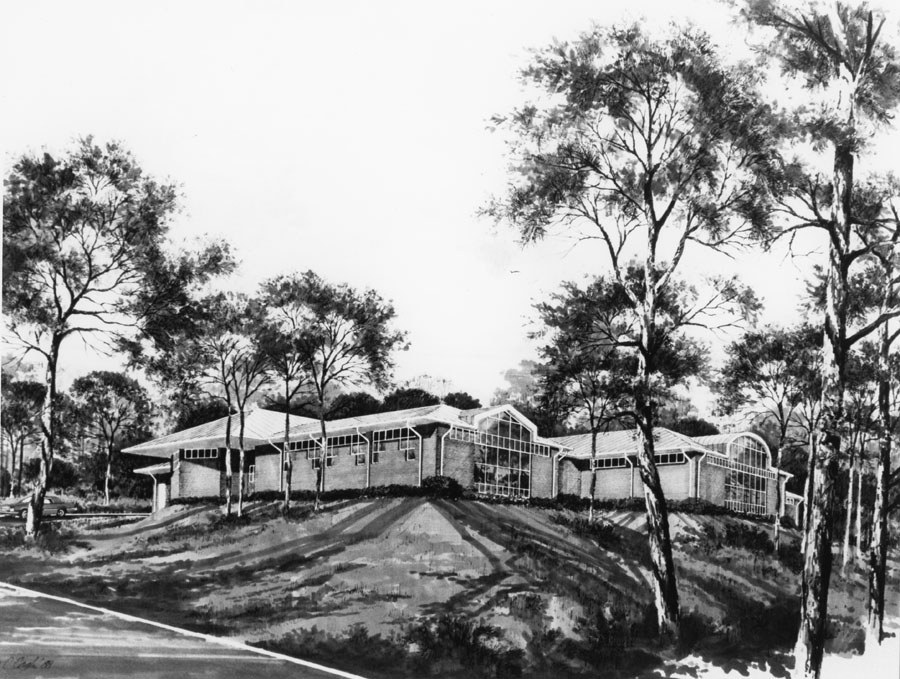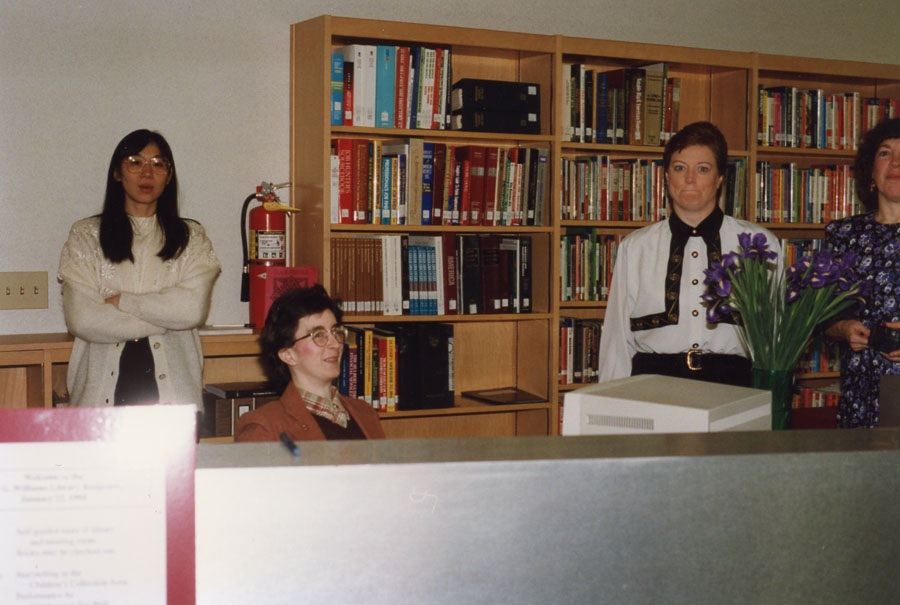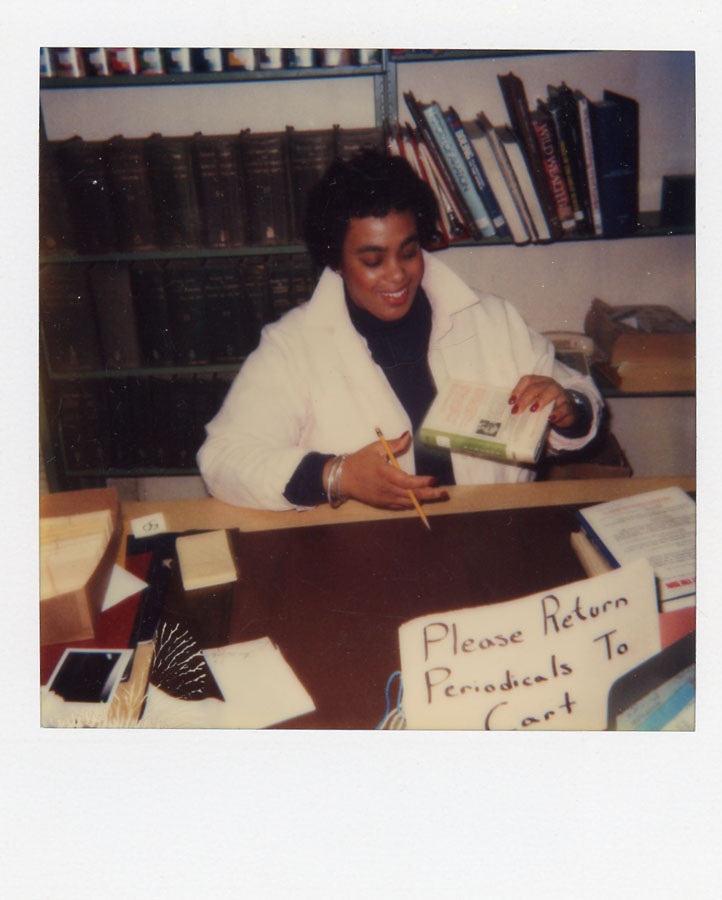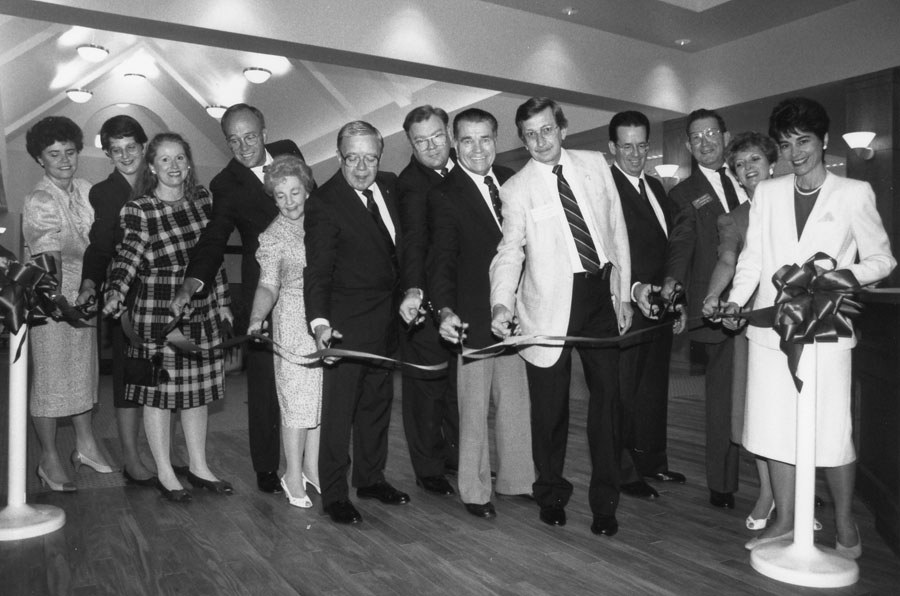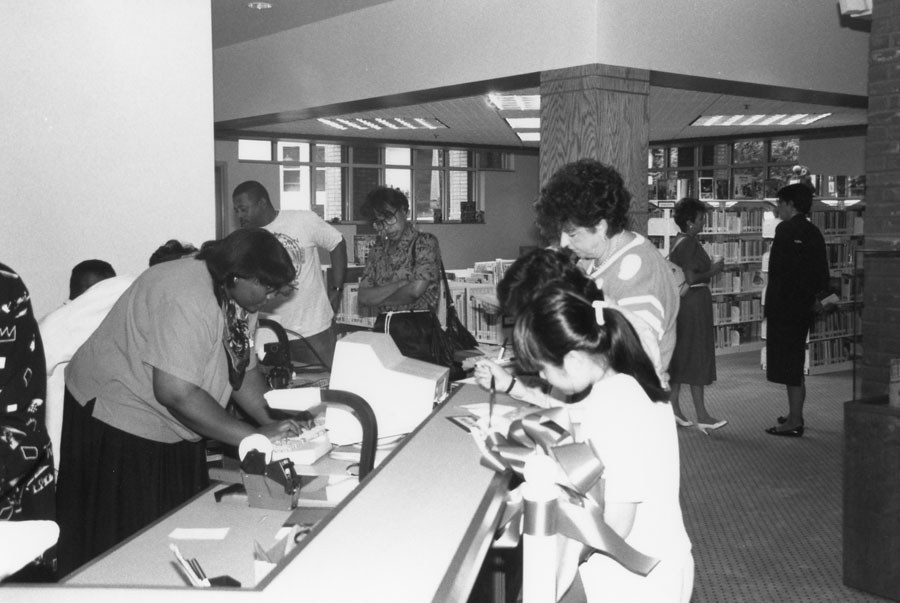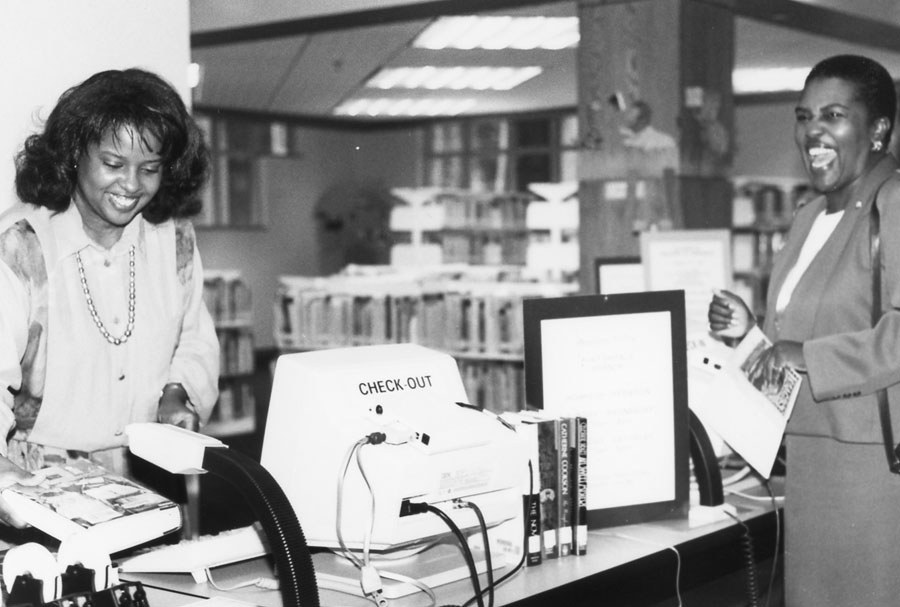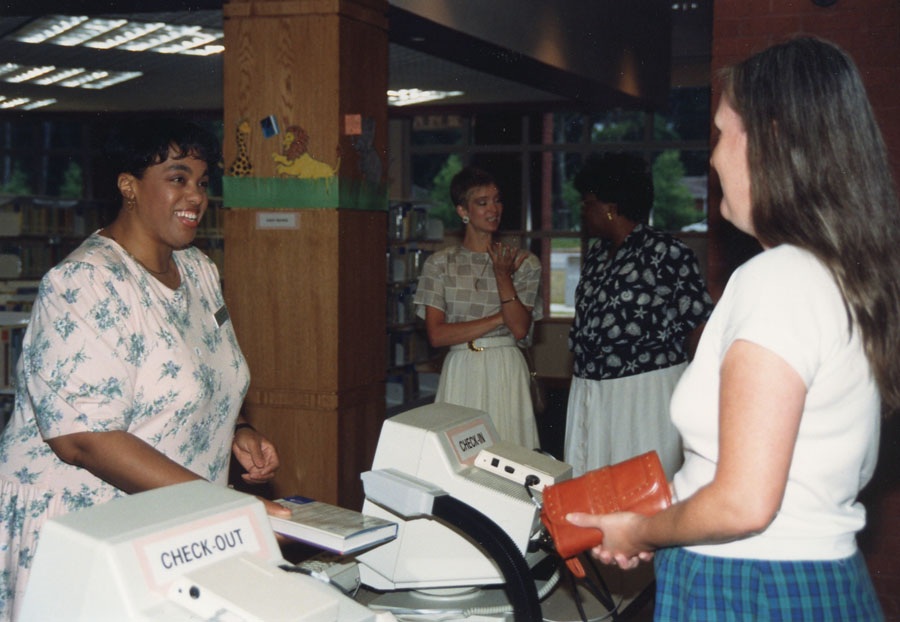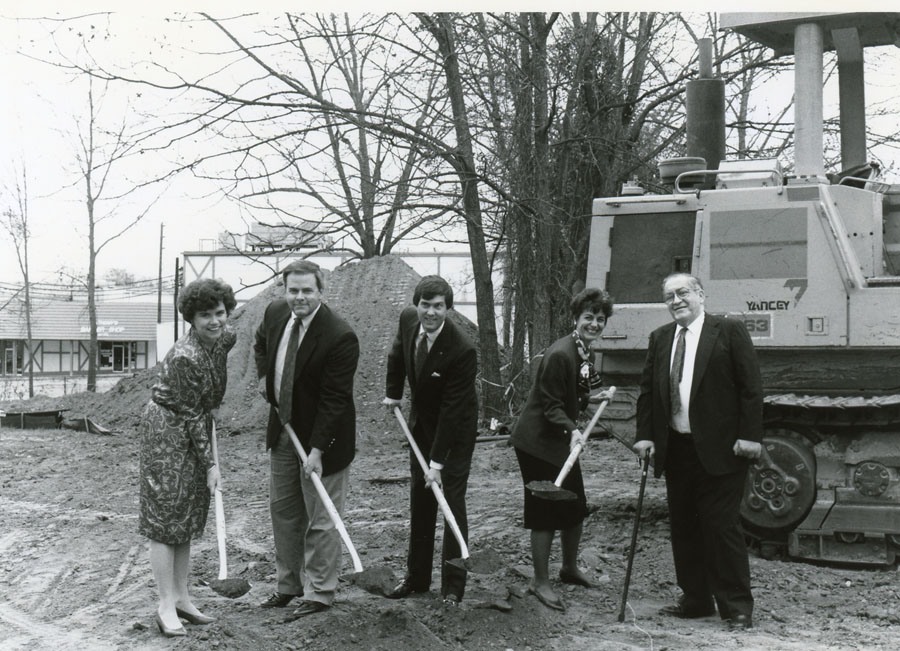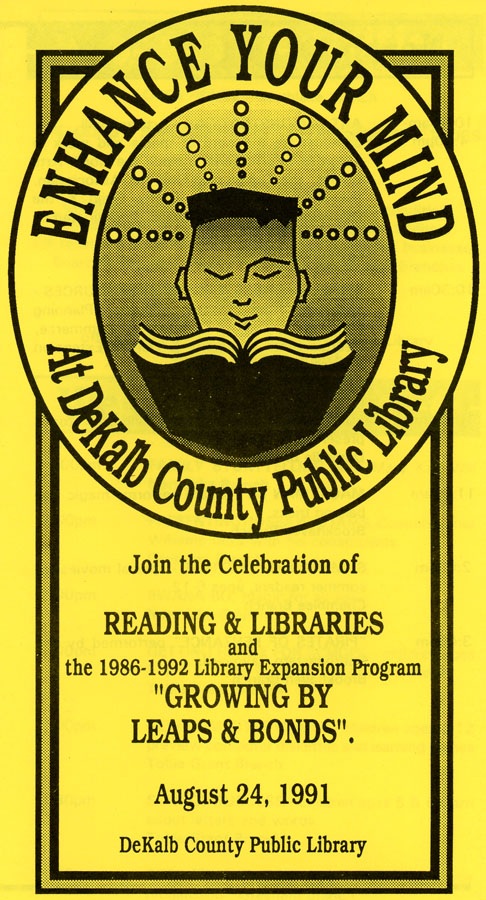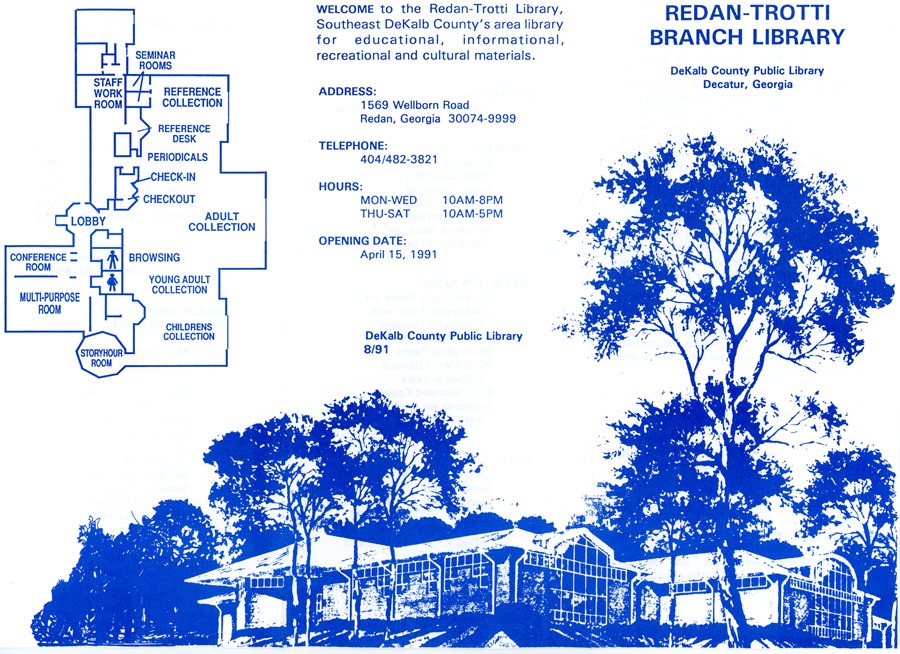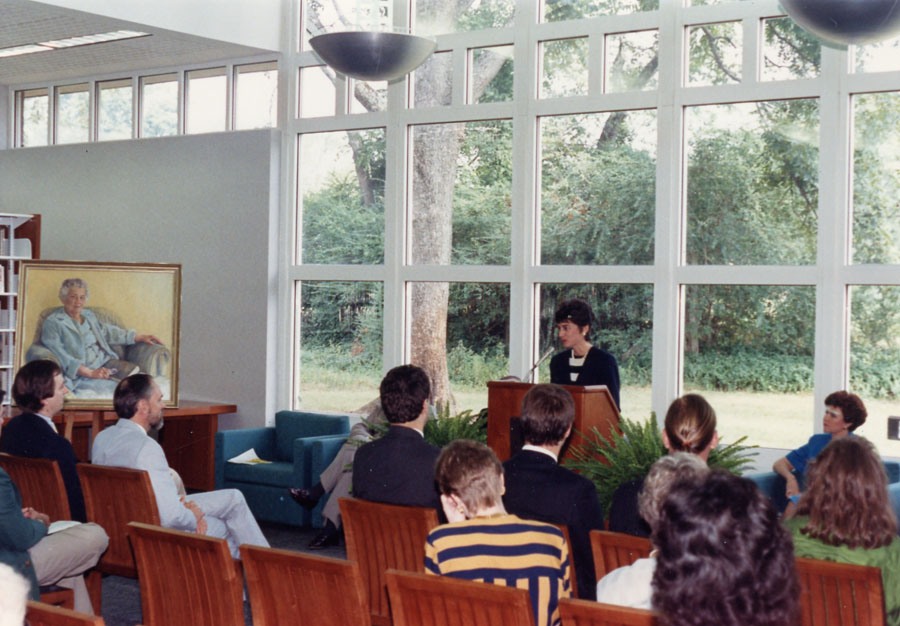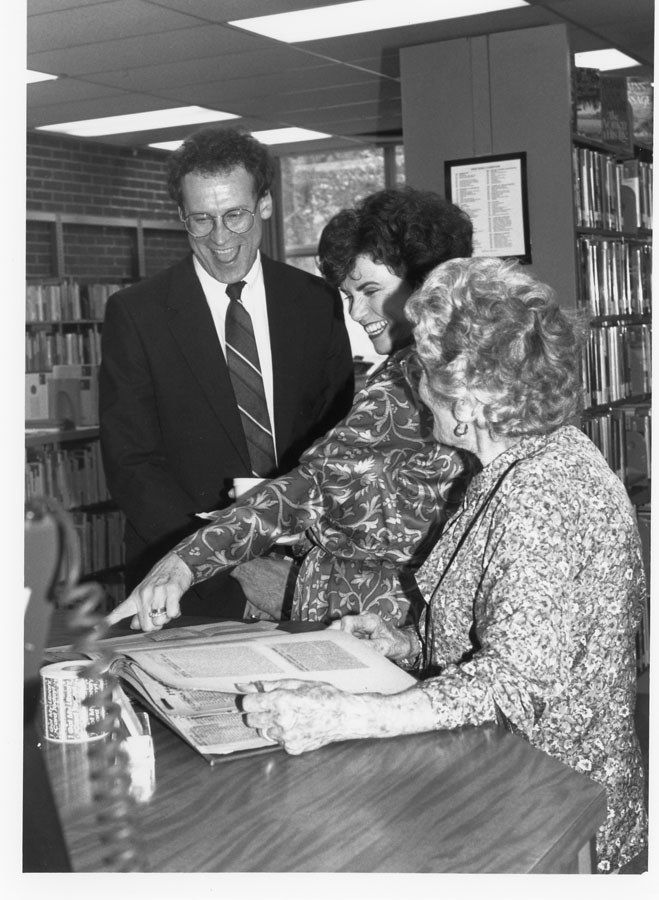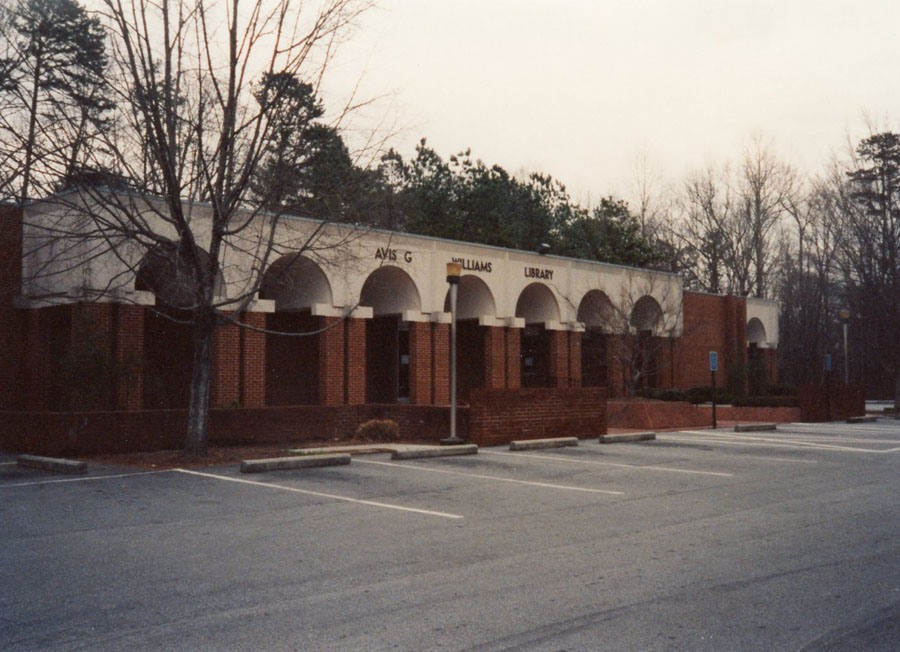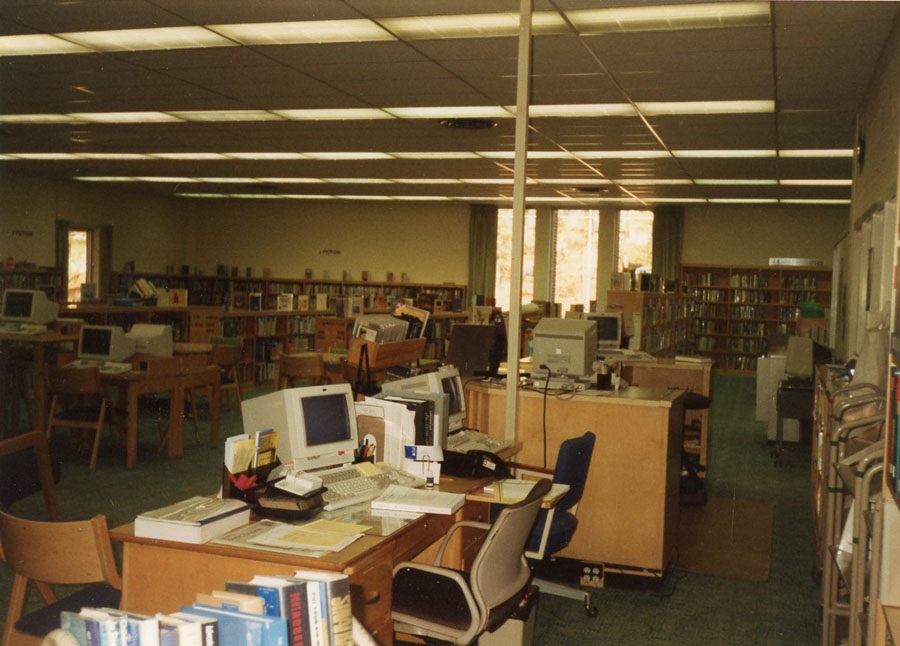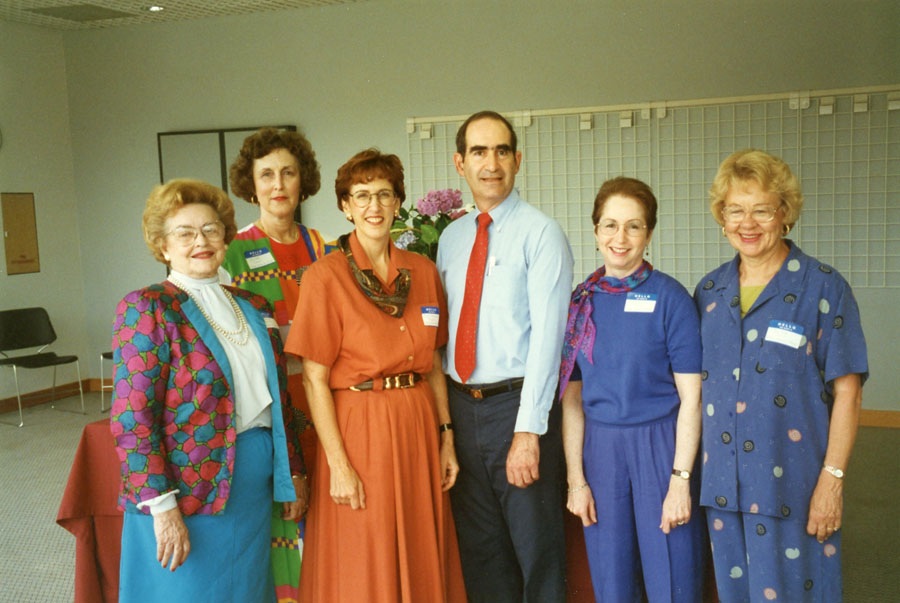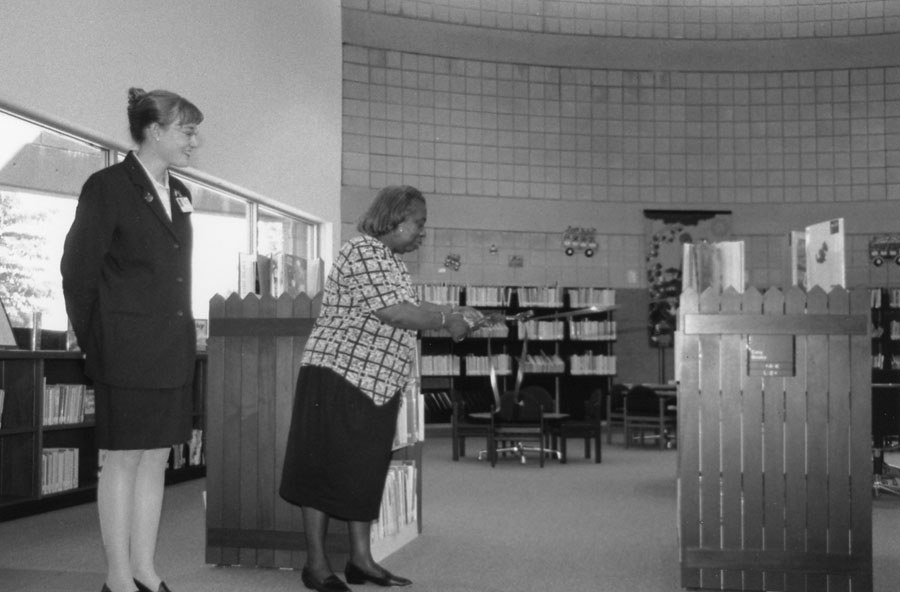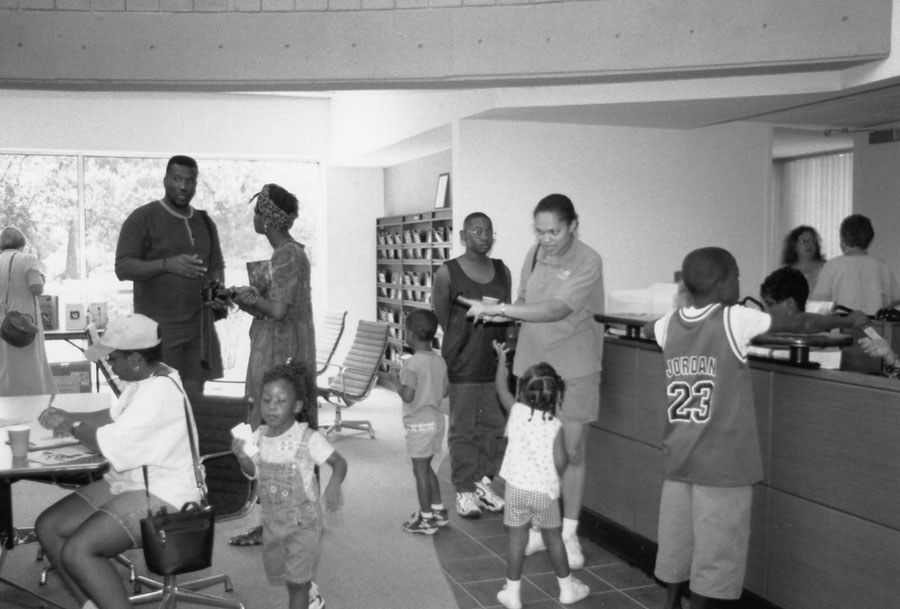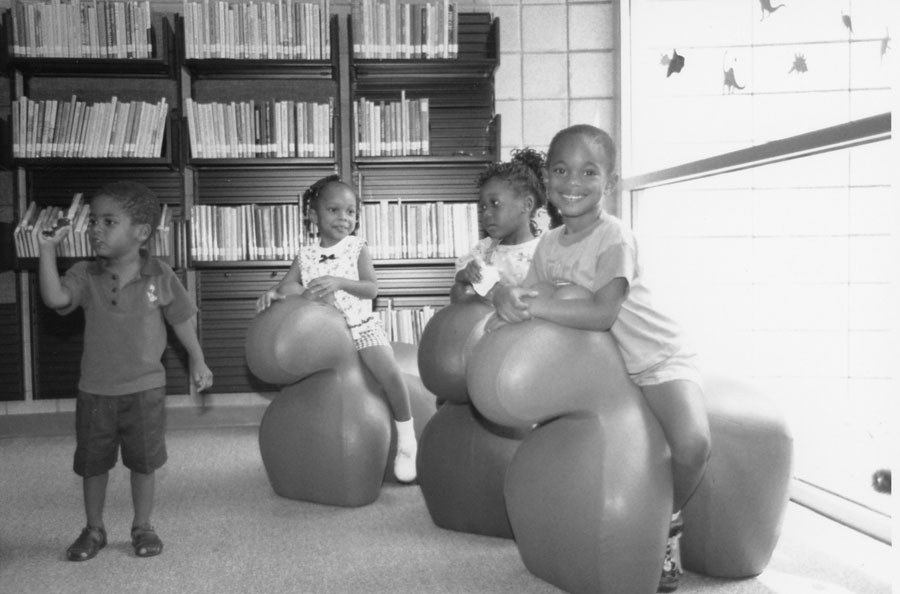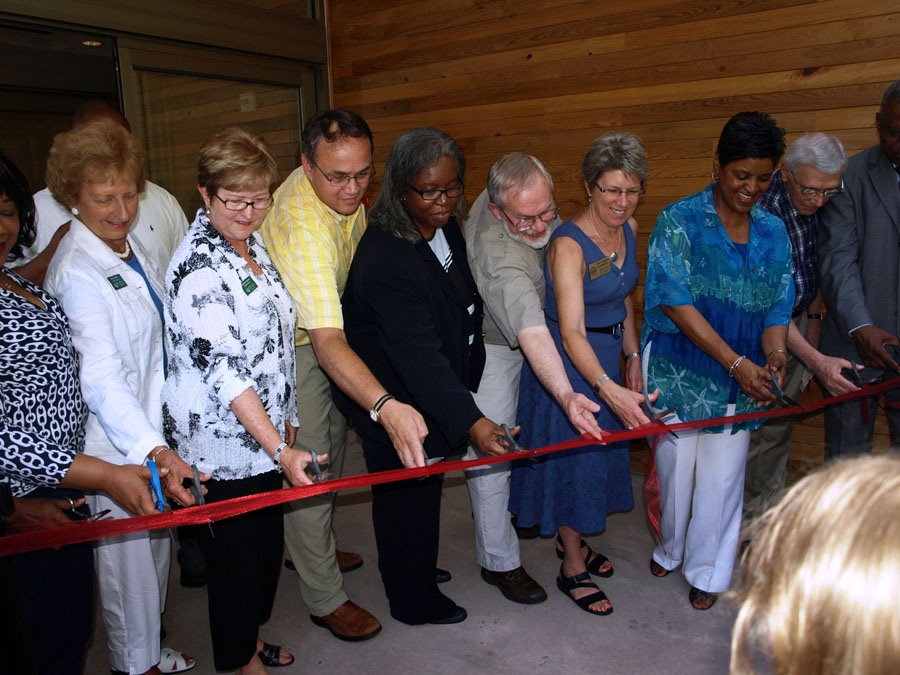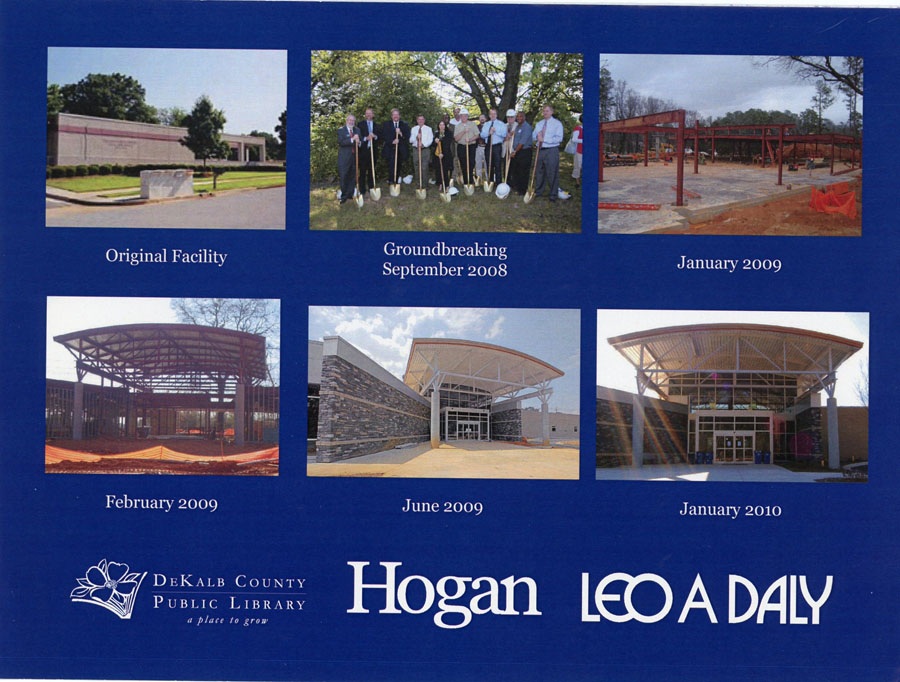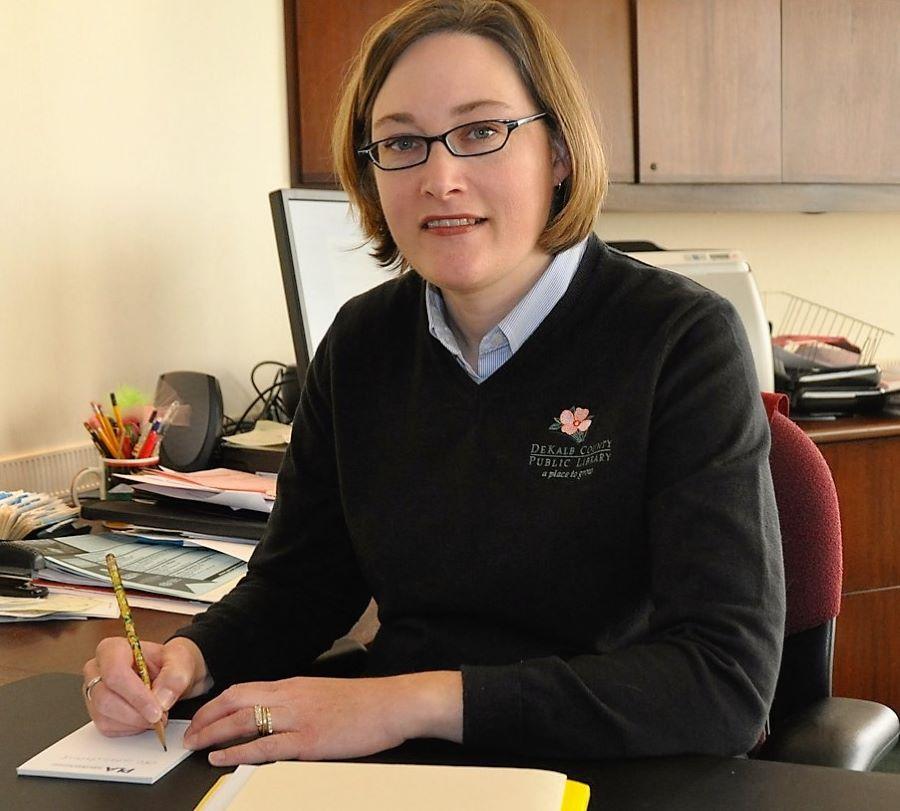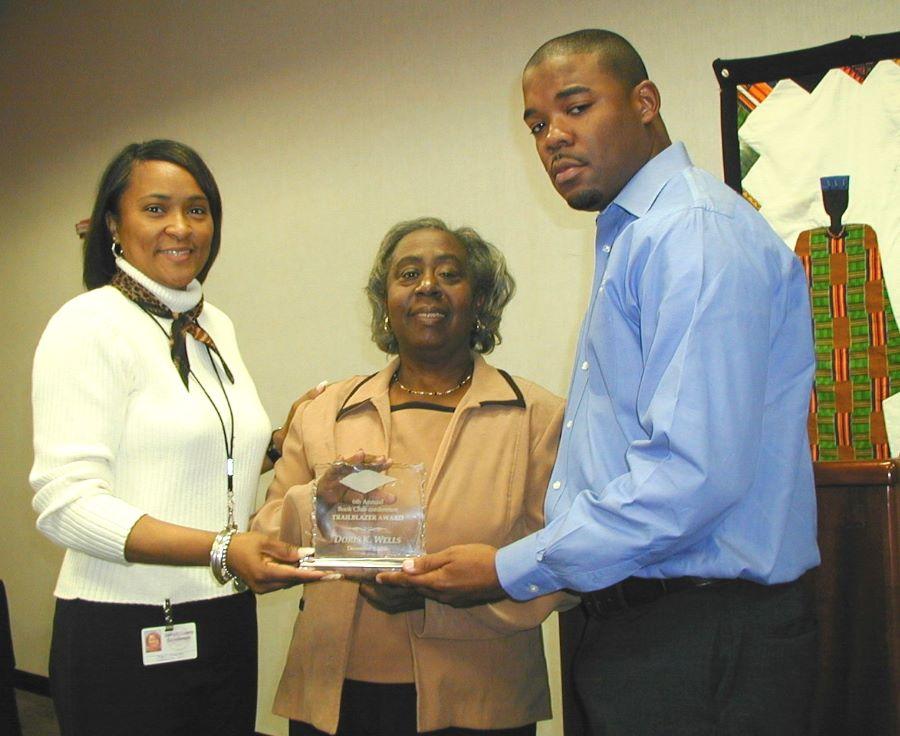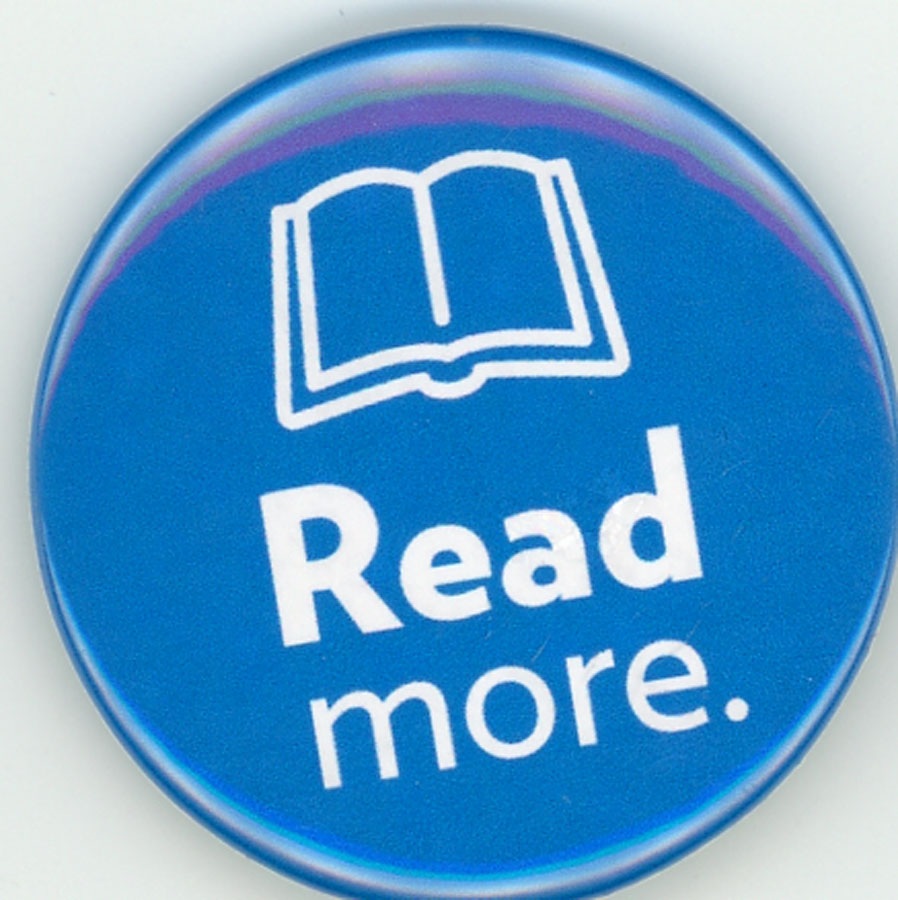History
Our Roots
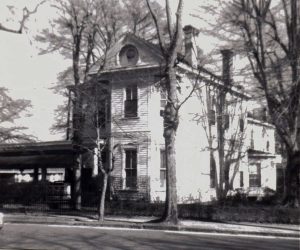
The rich history of DeKalb County Public Library (DCPL) began in 1925 when the Decatur Library was founded by a group of citizens meeting to form a Public Library Association. In 1930, the Decatur Library hired its first full-time librarian, Maud M. Burrus, who later served as library director for 31 years. The Library operated a “county-wide division” through the 1930s, and supported 25 book depositories in private homes around DeKalb County.
The earliest known lending library in DeKalb County was started in 1907, when Lula Almand of Lithonia gathered books in her home and invited local citizens to freely read and borrow. The lending library was expanded by the local Woman’s Club and became known as the Lithonia Public Library. Initially housed in the Woman’s Club building, the library was added as an official Decatur Library System branch in 1938. A major milestone in 1940 was the operation of DCPL’s first Bookmobile, funded by the Roosevelt administration’s Work Progress Administration (WPA). From 1938 to 1962 in then-segregated DeKalb County, library service to African Americans was provided through the Carver Branch Library operated in the Herring Street School as a cooperative effort with the Decatur Board of Education. This segregated library service quietly came to an end in DeKalb County in 1962, when Elizabeth Wilson and her daughter registered for and received library cards at the Decatur Library. Wilson later became the first African American to be elected Mayor of Decatur.
Growing by Leaps and Bonds
From its first city and county bond issues in the late forties, funds from bond elections have been vital to the Library’s growth. None was more important than the 1986 bond issue, which funded expansions or replacements of four existing county library facilities, including the Decatur Library, as well as 11 new library branches.
The library system underwent similar expansion in the wake of a 2005 DeKalb County bond referendum. This bond authorized funds for a major building project that added two new branches and replaced, expanded or upgraded 10 more.
100 Years and Growing
In 1974, DCPL welcomed Doris K. Wells, the system’s first African American librarian. Her influence and dedication to the community, books and reading made a lasting imprint on DeKalb County Public Library’s patrons and staff, and the annual Doris K. Wells Heritage Festival continues to honor her legacy and African American heritage and community.
Over the decades, DCPL has introduced several initiatives to expand library services across the county. Former programs include the Bookmobile library service to homes, jails, schools, and other locations in DeKalb, Rockdale, and Newton counties; and kiosk libraries in South DeKalb Mall and two MARTA stations, Doraville and Avondale.
The Library reimagined how it served patrons in the wake of the COVID-19 pandemic. It added virtual events, curbside services, Wi-Fi access to library parking lots and more. In 2022, DCPL eliminated overdue fines to remove barriers to access library services. Today, DeKalb County Public Library operates 23 branch locations, with most DeKalb residents living within three to four miles of a branch. The Library has more than a million books, eBooks, eAudiobooks, and DVDs for patrons to borrow, along with Chromebooks, Wi-Fi hotspots, and Launchpad tablets for children. Patrons have access to dozens of online resources, accessible 24 – 7, including streaming media and online tutoring. From its beginning as the Decatur Library on April 13, 1925 to the modern DeKalb County Public Library 100 years later, DCPL remains committed to responsive service for the people of DeKalb County and being a place to grow.


